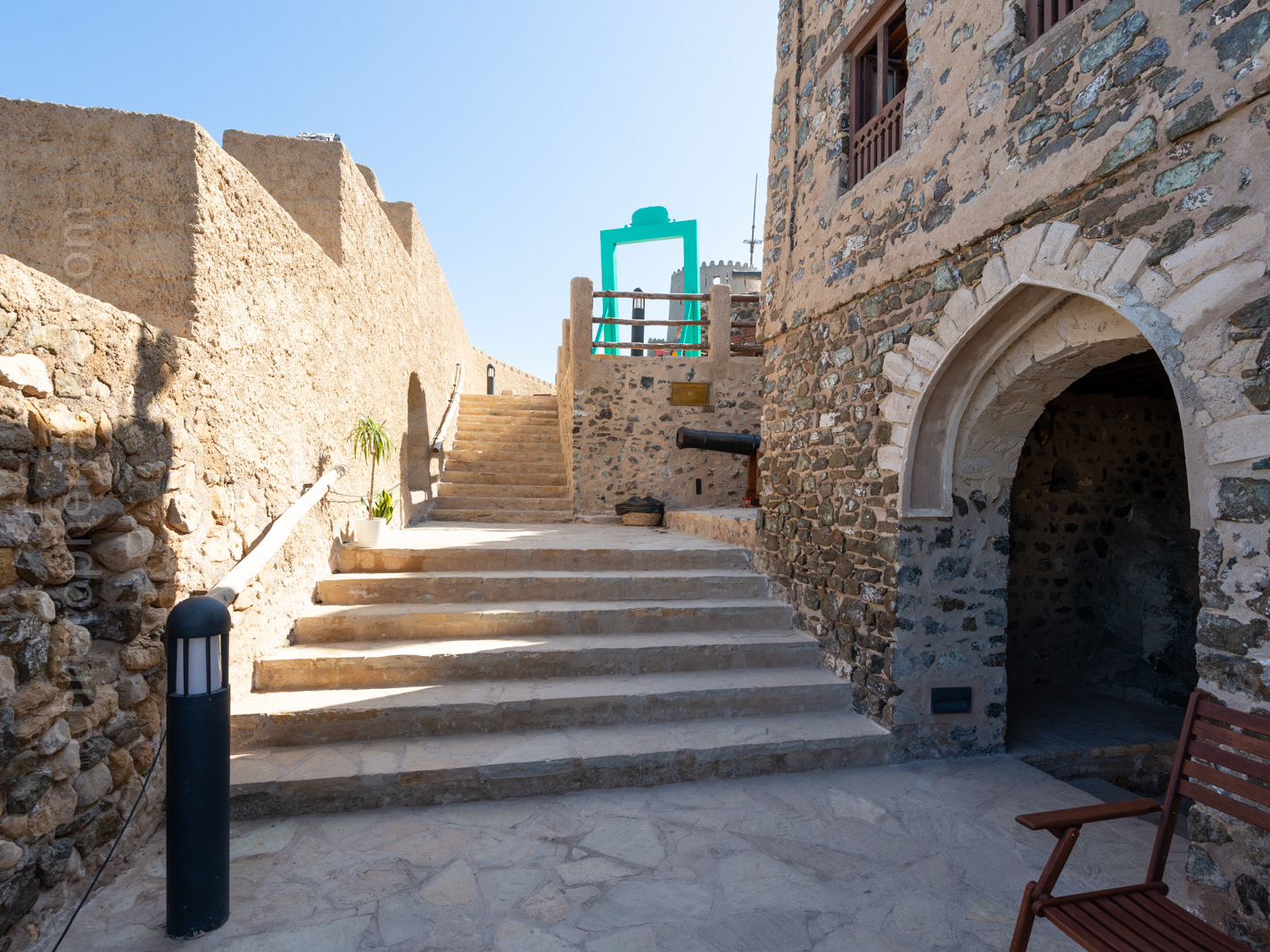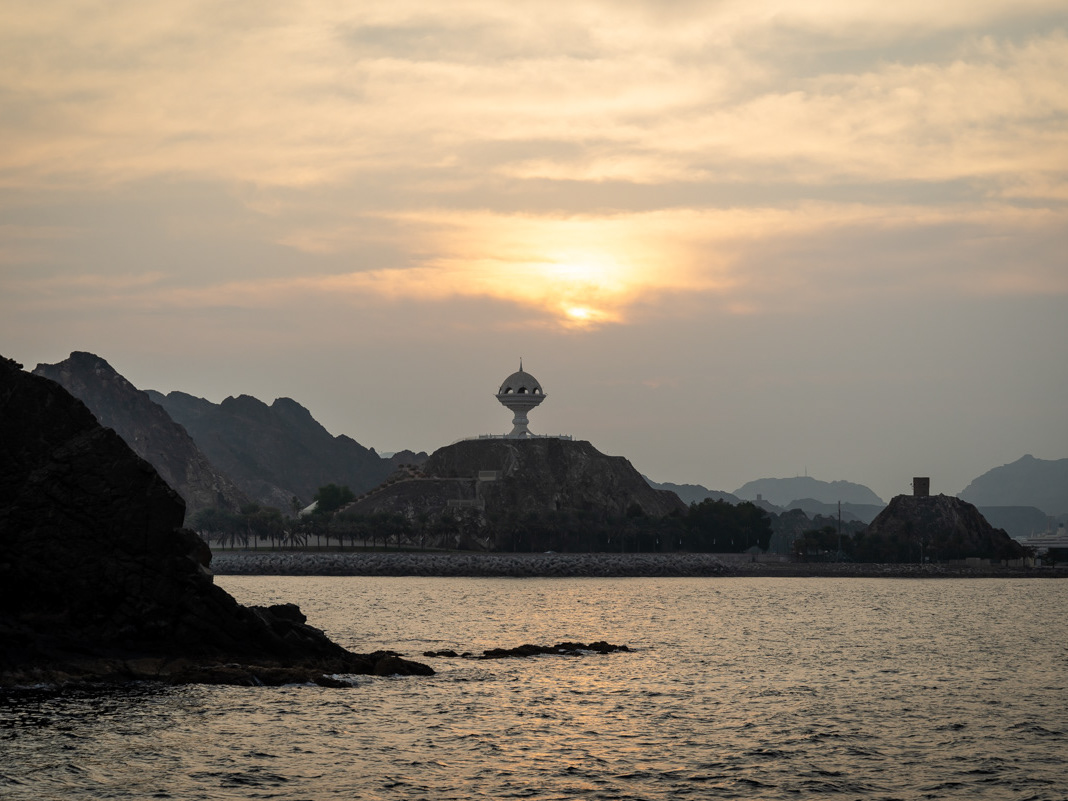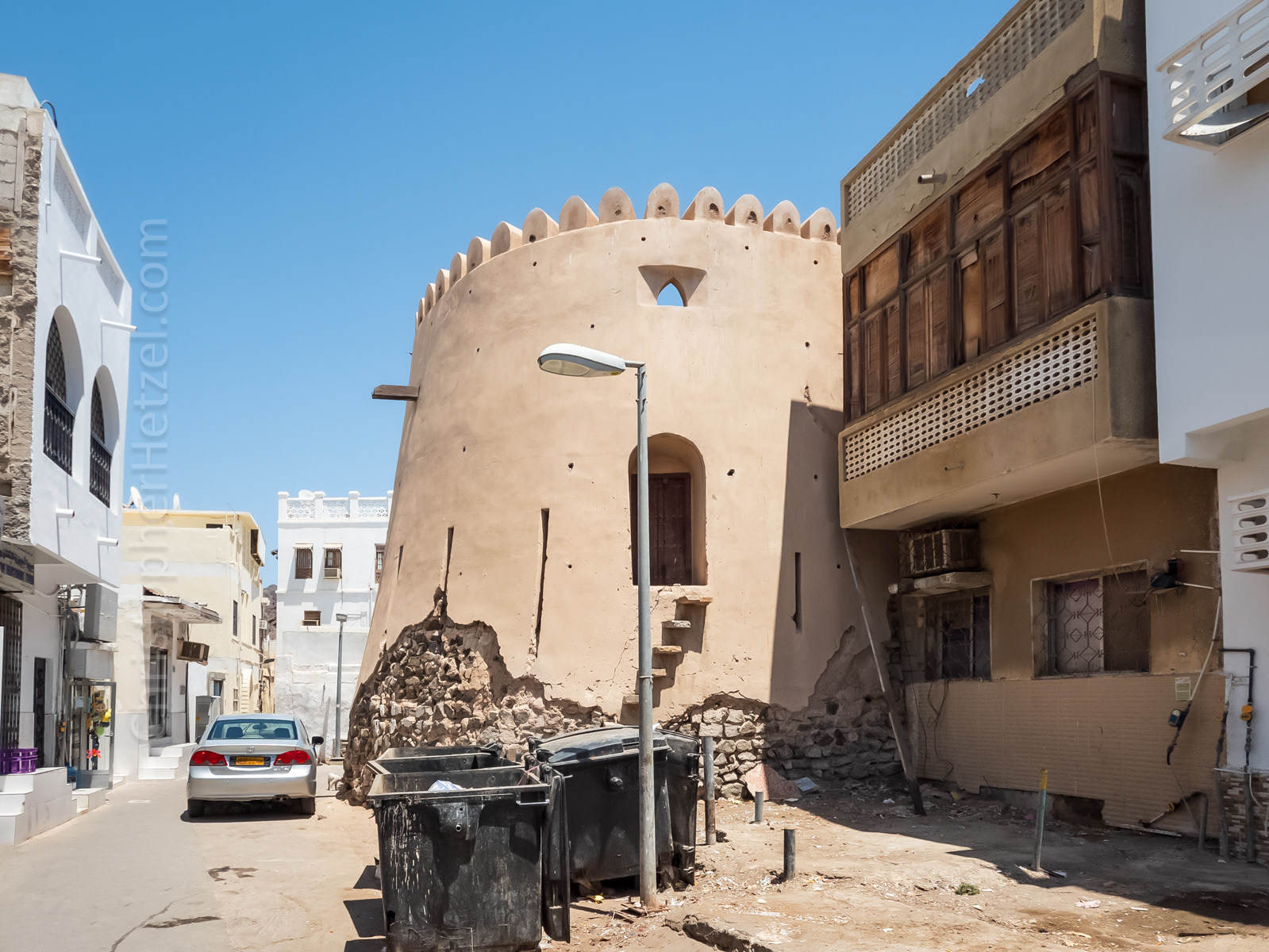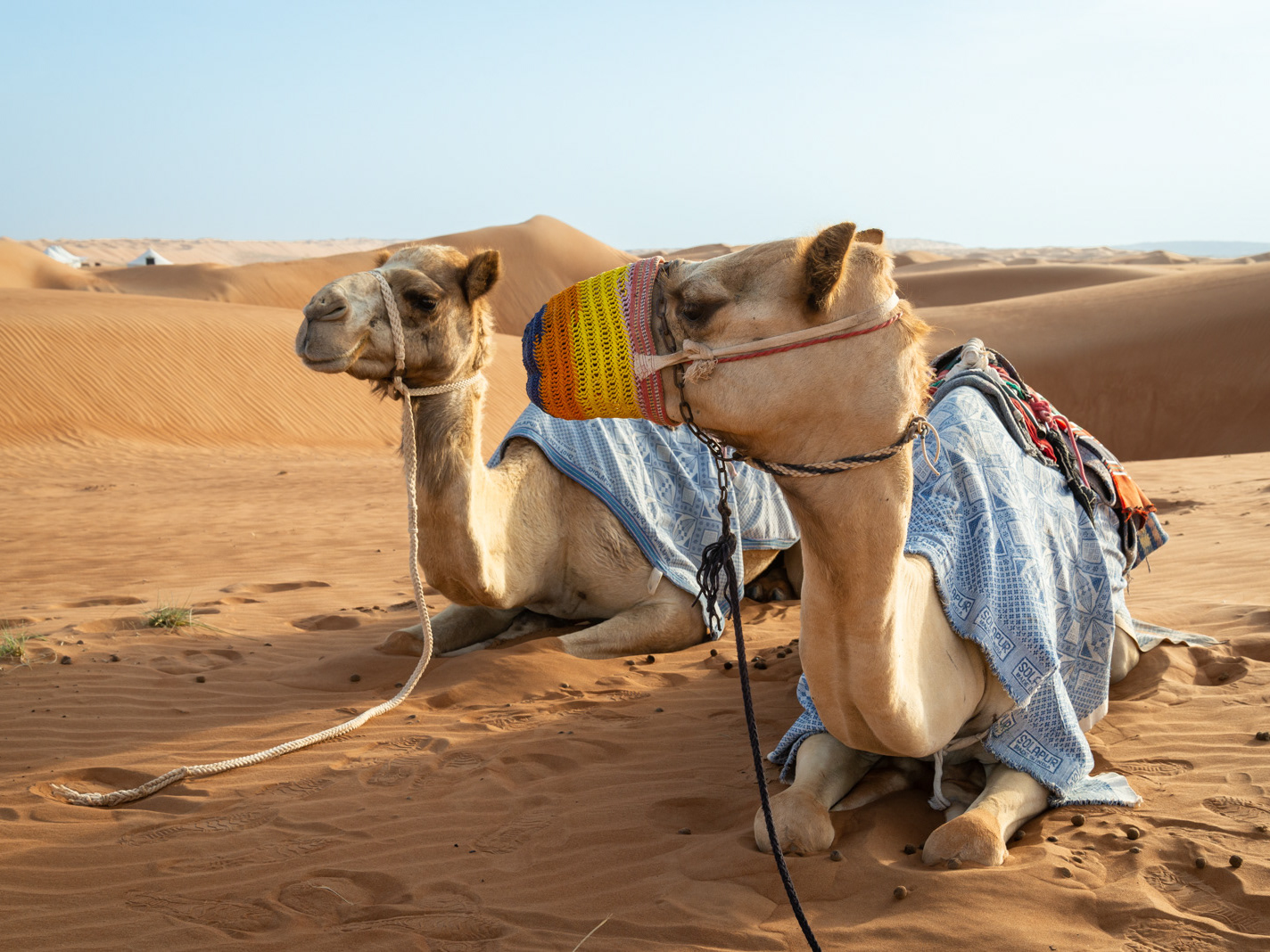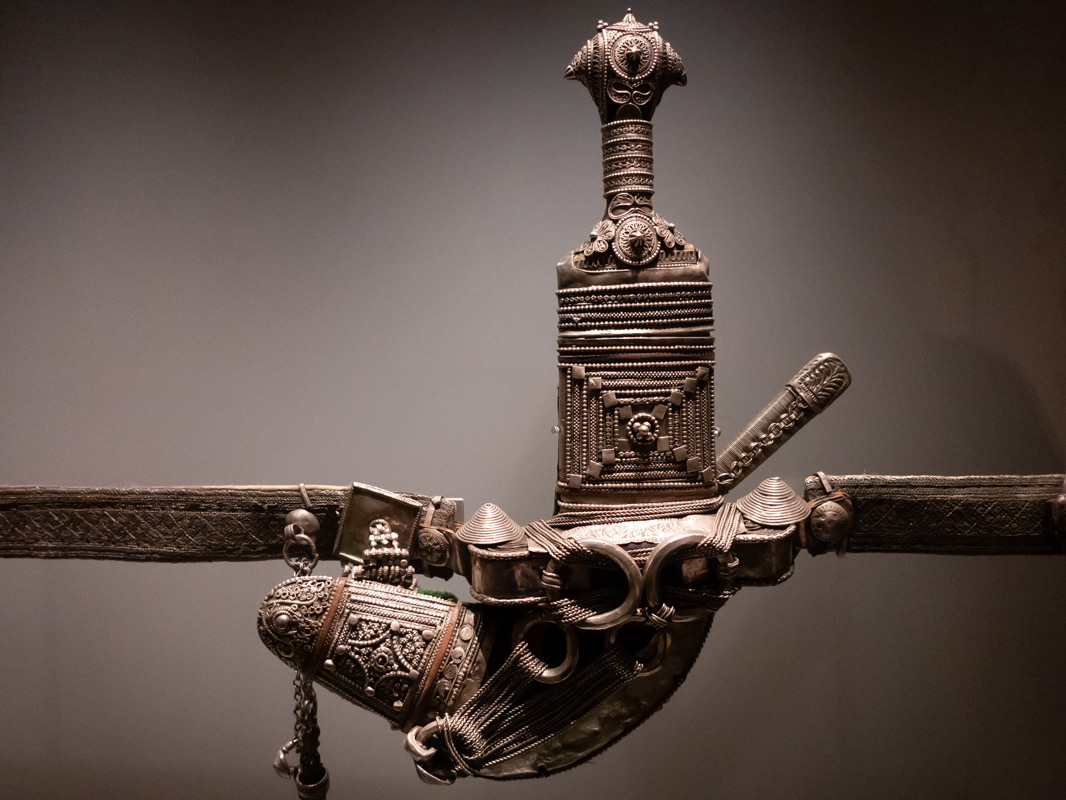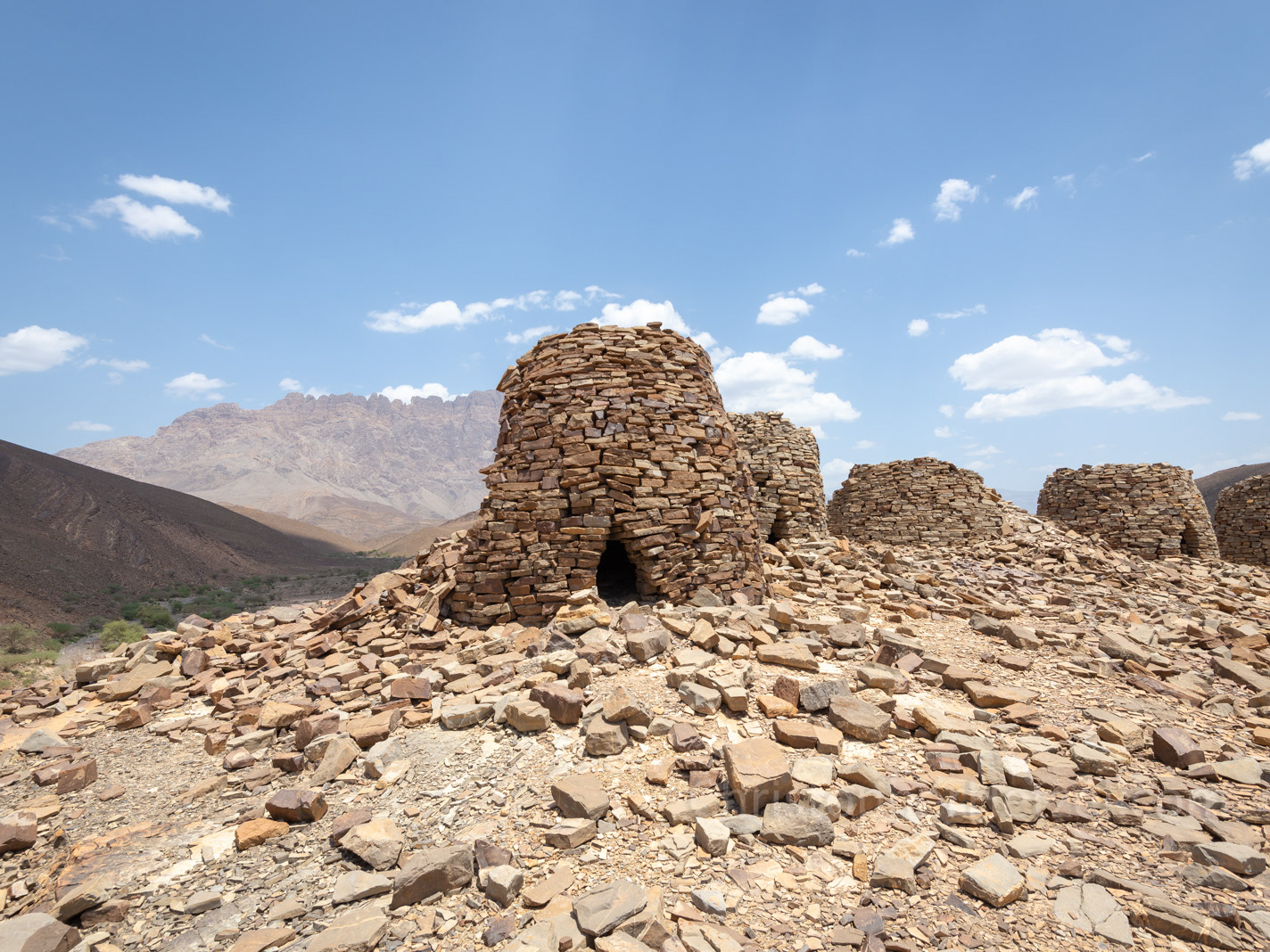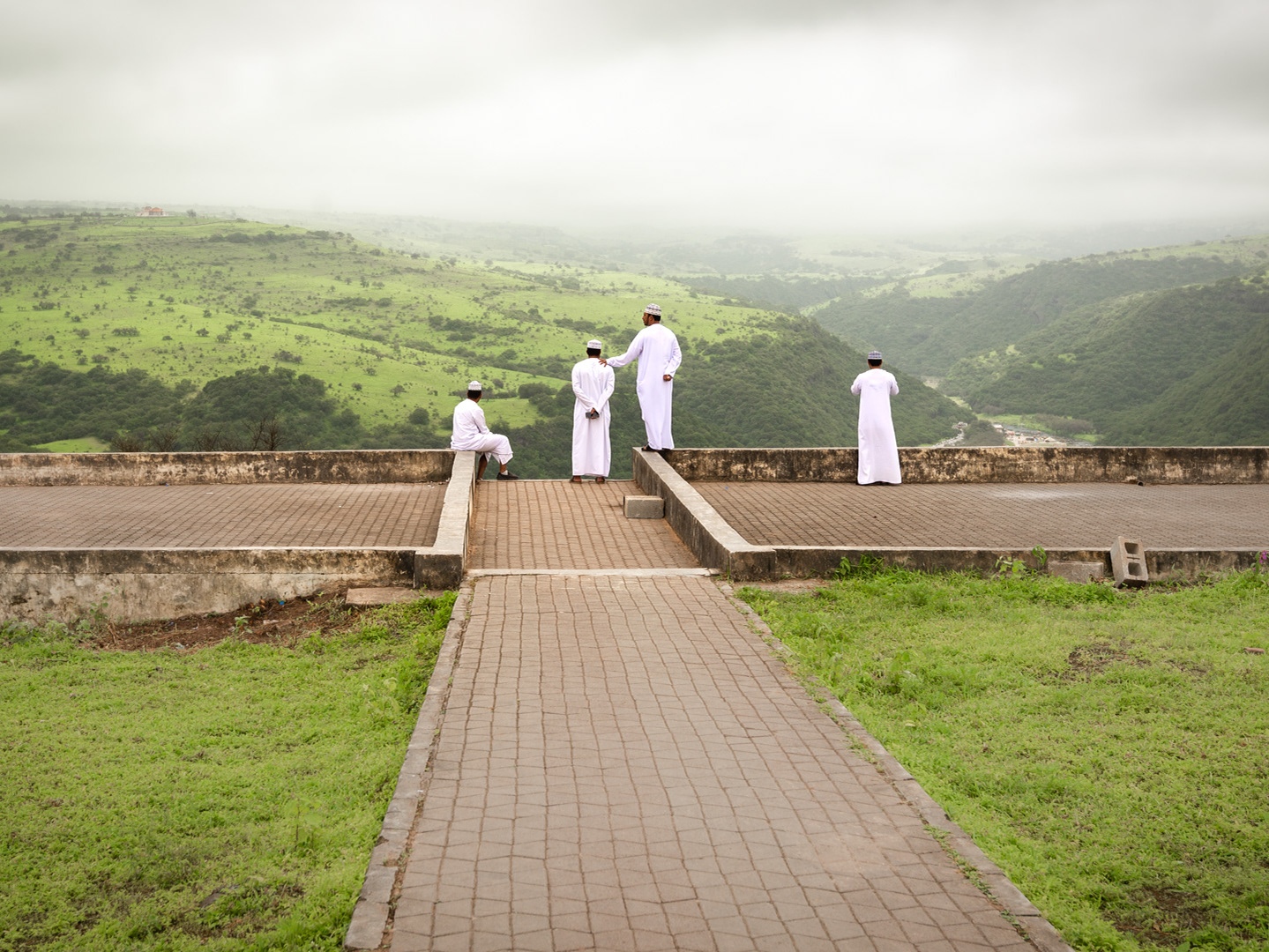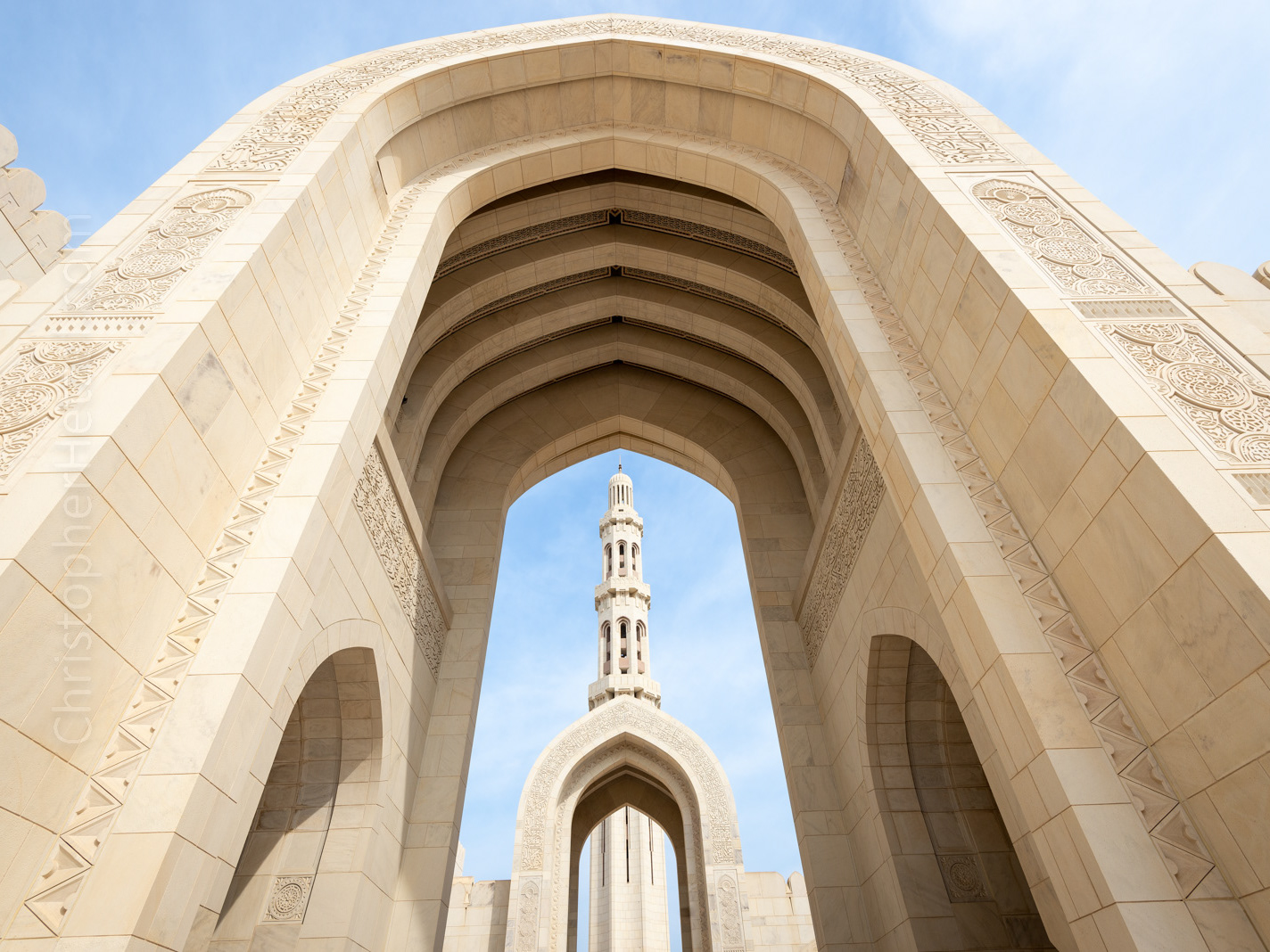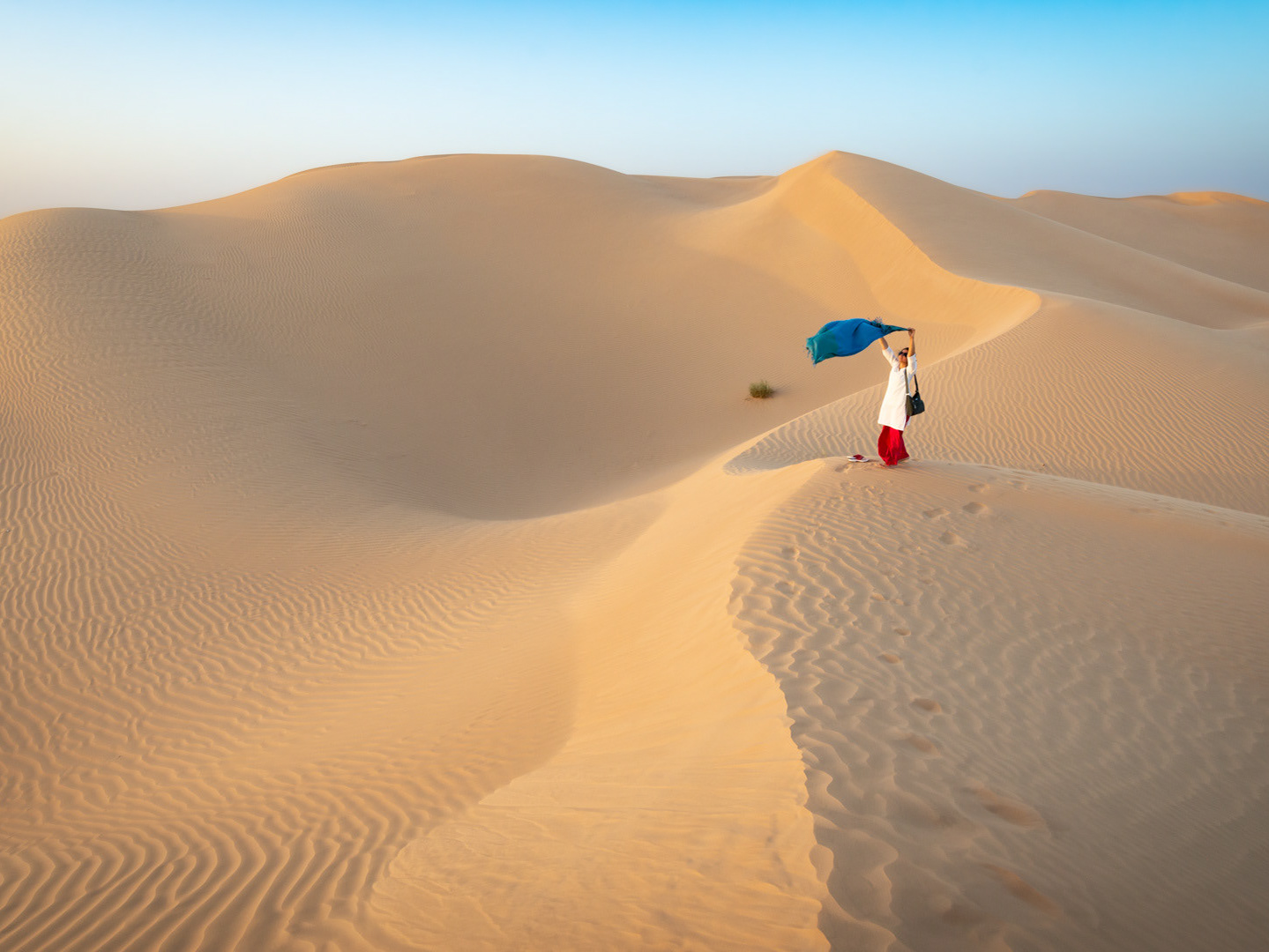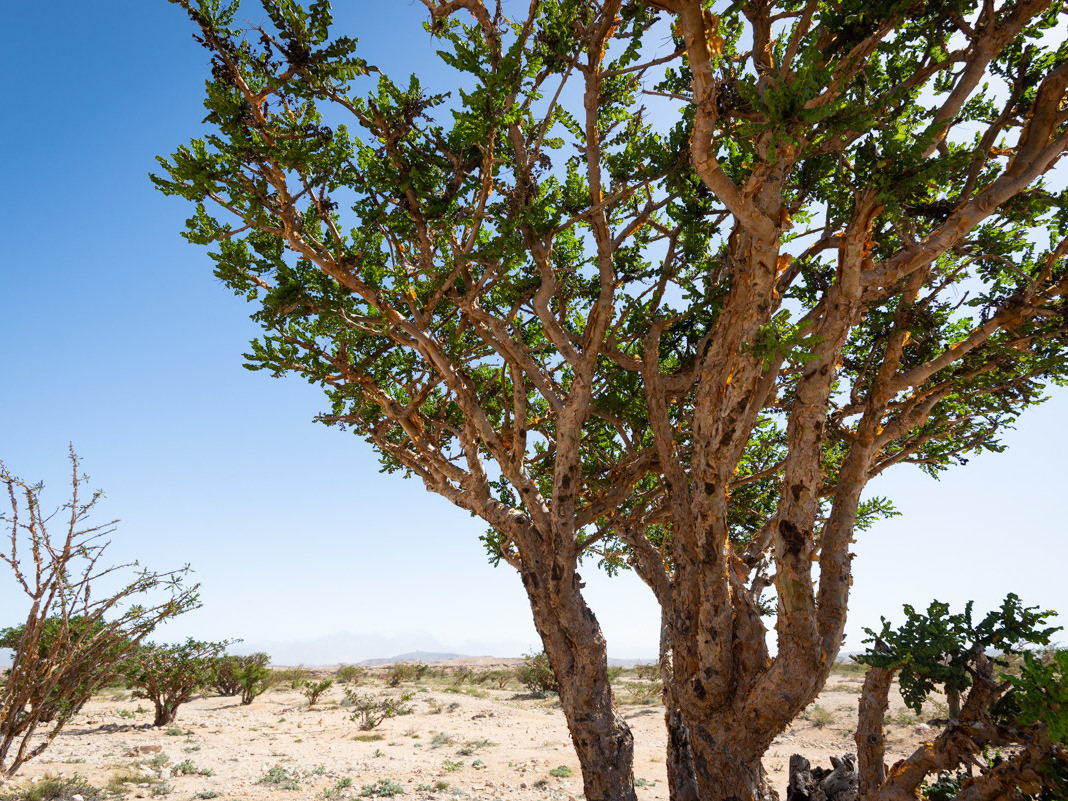A "Souq" (or سُوق) in Middle Eastern countries is best described as a traditional open-air marketplace or commercial quarter, where vendors have gathered together to buy and sell goods. Having developed over time, these markets often are complex warrens of streets and alleys, many covered or enclosed to provide better protection from the heat and weather. In the United States, "farmer's markets" are the closest equivalent, and it could be said that modern shopping malls are direct descendants of this building form. Among the largest and most famous Souqs are the Grand Bazaar in Istanbul, Khan el-Khalili in Cairo, and (before the civil war) Al-Madina Souq in Aleppo, Syria...in addition to many others.
The main entrance of the souq at the Mutrah Corniche.
In Oman, Matrah Souq (مطرح سُوق, also spelled 'Muttrah' in English), located in Muscat, is the country's largest souq and its oldest. This is a 'must-do' place to visit in Muscat, and Jennifer and I have visited several times now, especially whenever we've had friends in town. The market is located within one of Muscat's oldest neighborhoods, the ancient city of Matrah, which faces a natural harbor on the Sea of Oman.
Matrah Souq has several entrances. Nowadays, the main entrance features a domed pavilion on the Matrah Corniche (or waterfront) leading to passageways that connect to another entrance in the city’s old quarters. Interestingly, this particular pathway follows the route of an old Wadi (or dry creek/river bed) that is known to flood during severe rain storms.
Matrah Souq is a typical souq in that it is characterized by narrow winding streets and alleys that have been covered or enclosed, jam-packed with shops along the ground floor spaces of the buildings that line its passageways. One of Matrah Souq's other names, Souq al Dhalam (سوق الظلام) or the Market of Darkness, refers to the dark passageways that result from these conditions.
When passing through the Souq, one's senses are tantalized by the aromatic smells of frankincense, incense, and Arabian perfumes. And in Matrah Souq one can easily purchase handicrafts made of gold and Omani silver, daggers, antiques, rugs, cashmere, traditional Arab clothing, as well modern apparel and shoes. In addition, there are fruit and date vendors and sellers of the famous Omani sweets (Halwa), herbs and spices, and all sorts of touristy souvenirs.
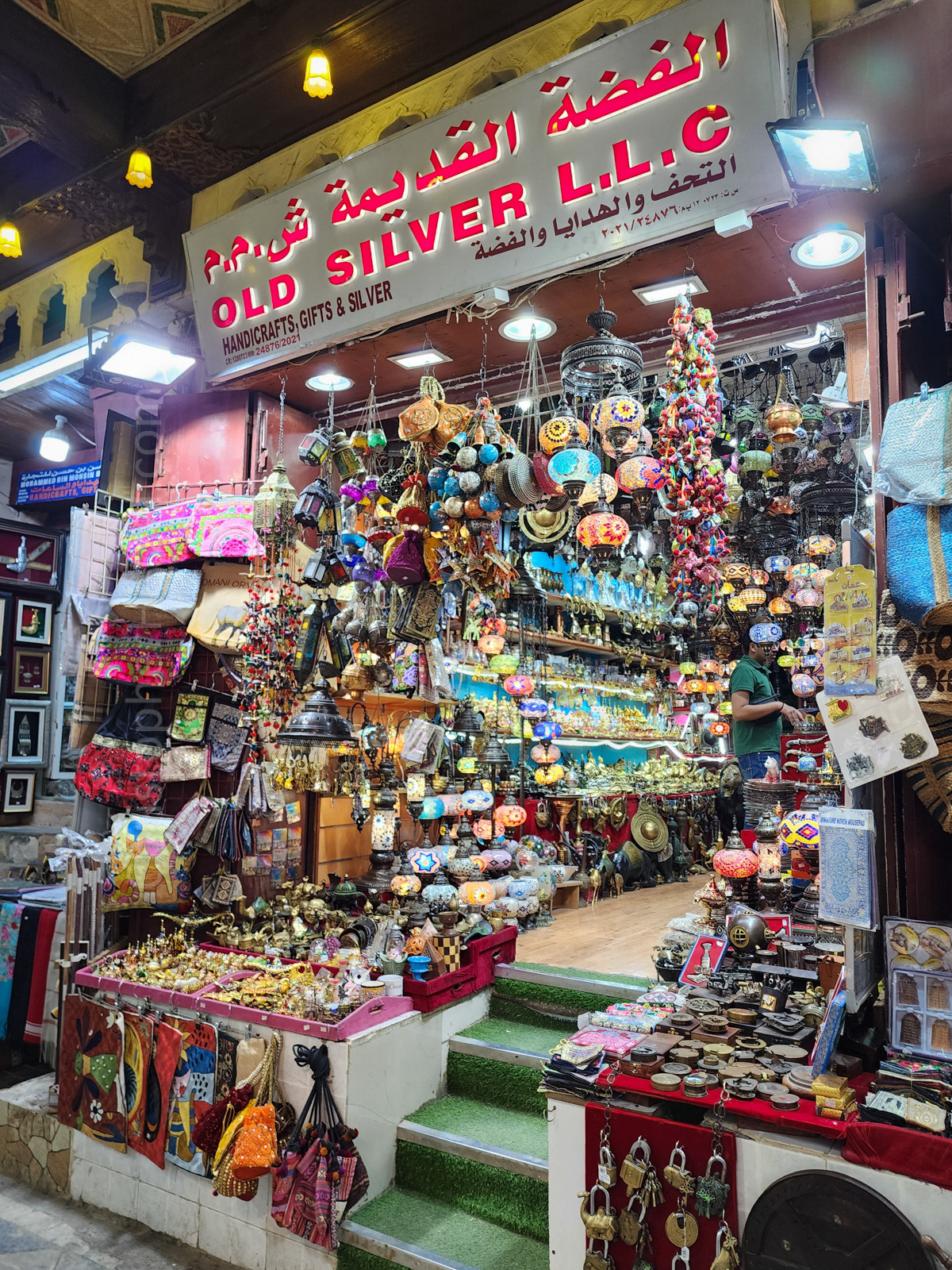
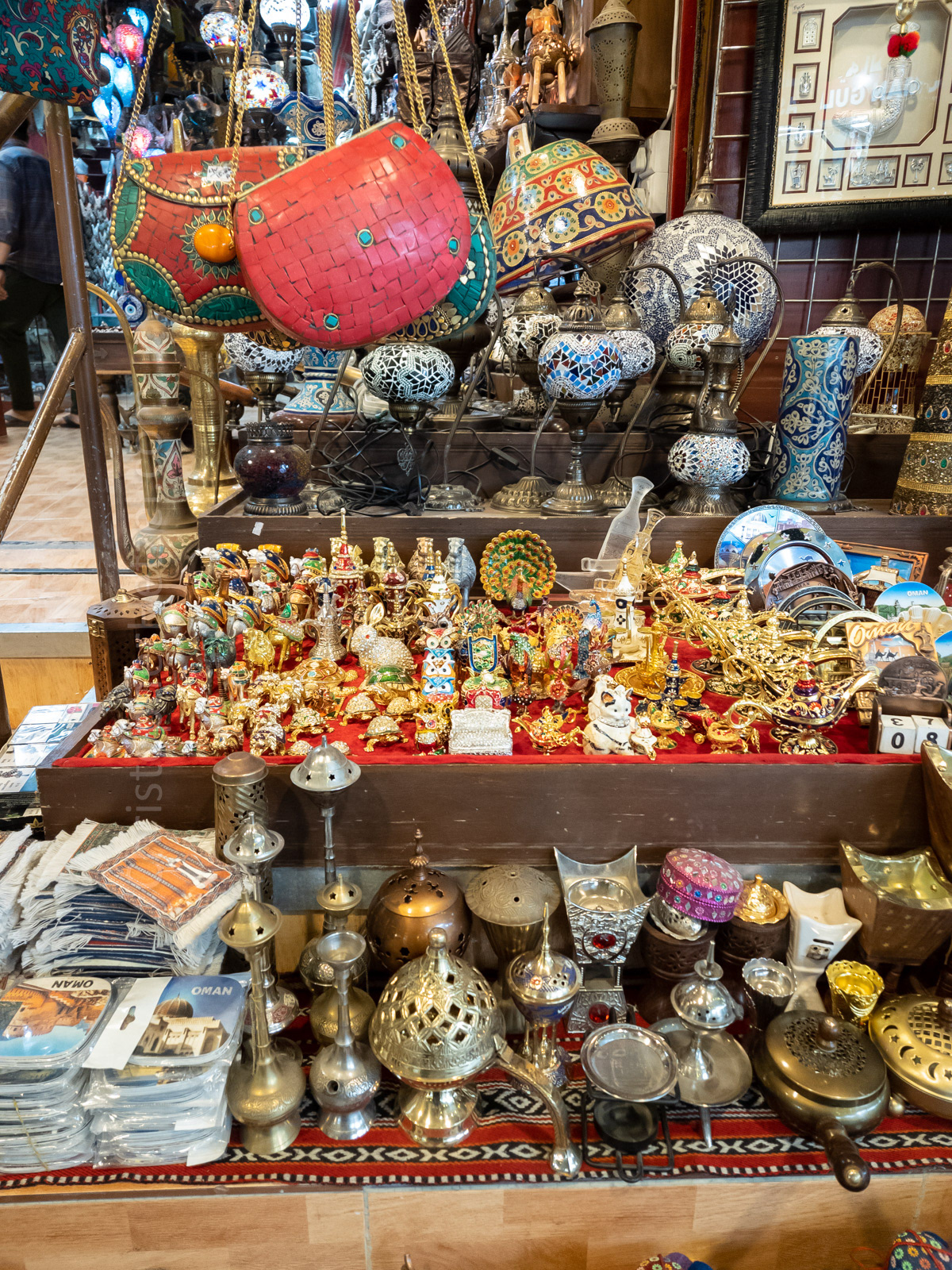
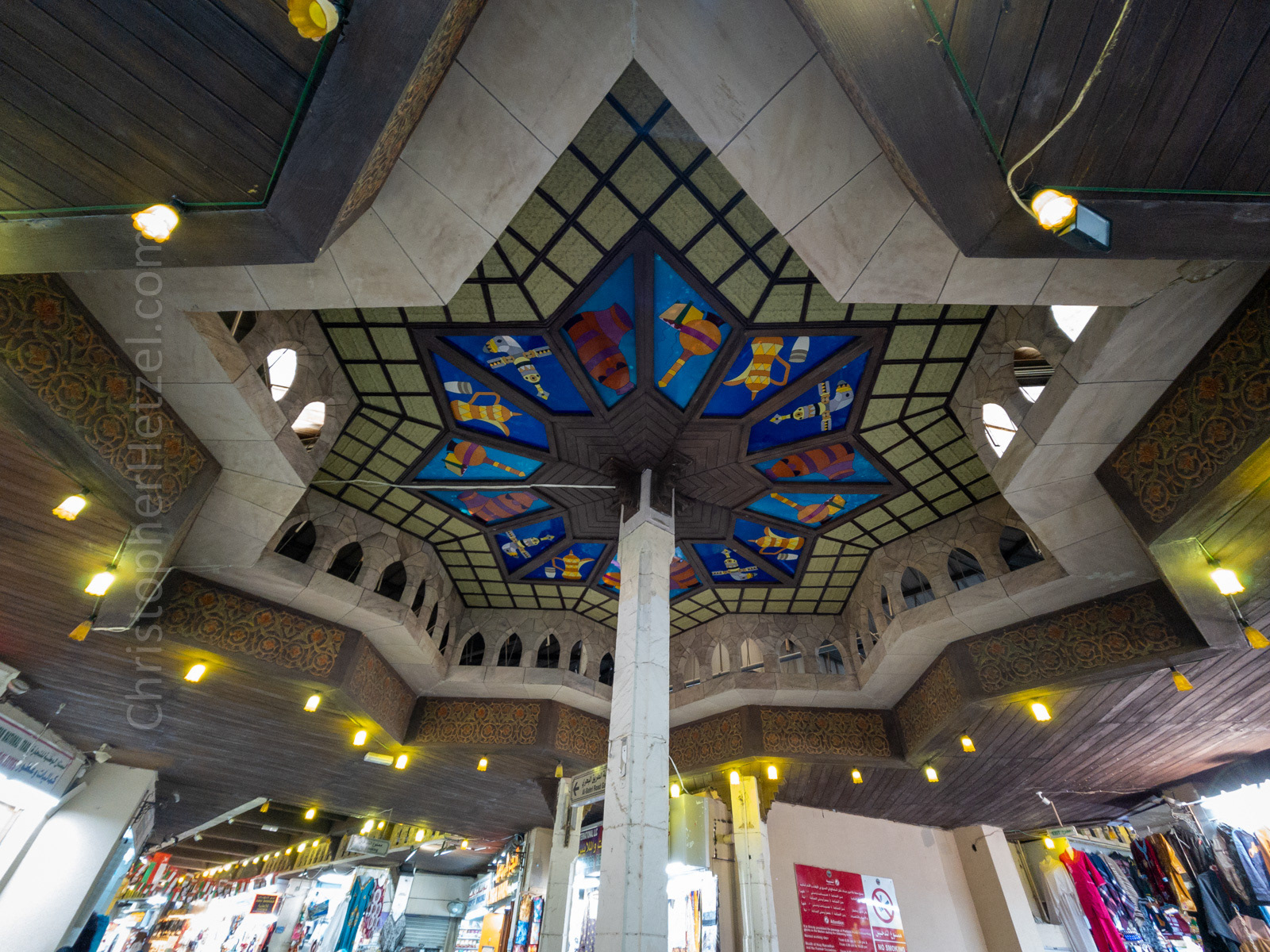
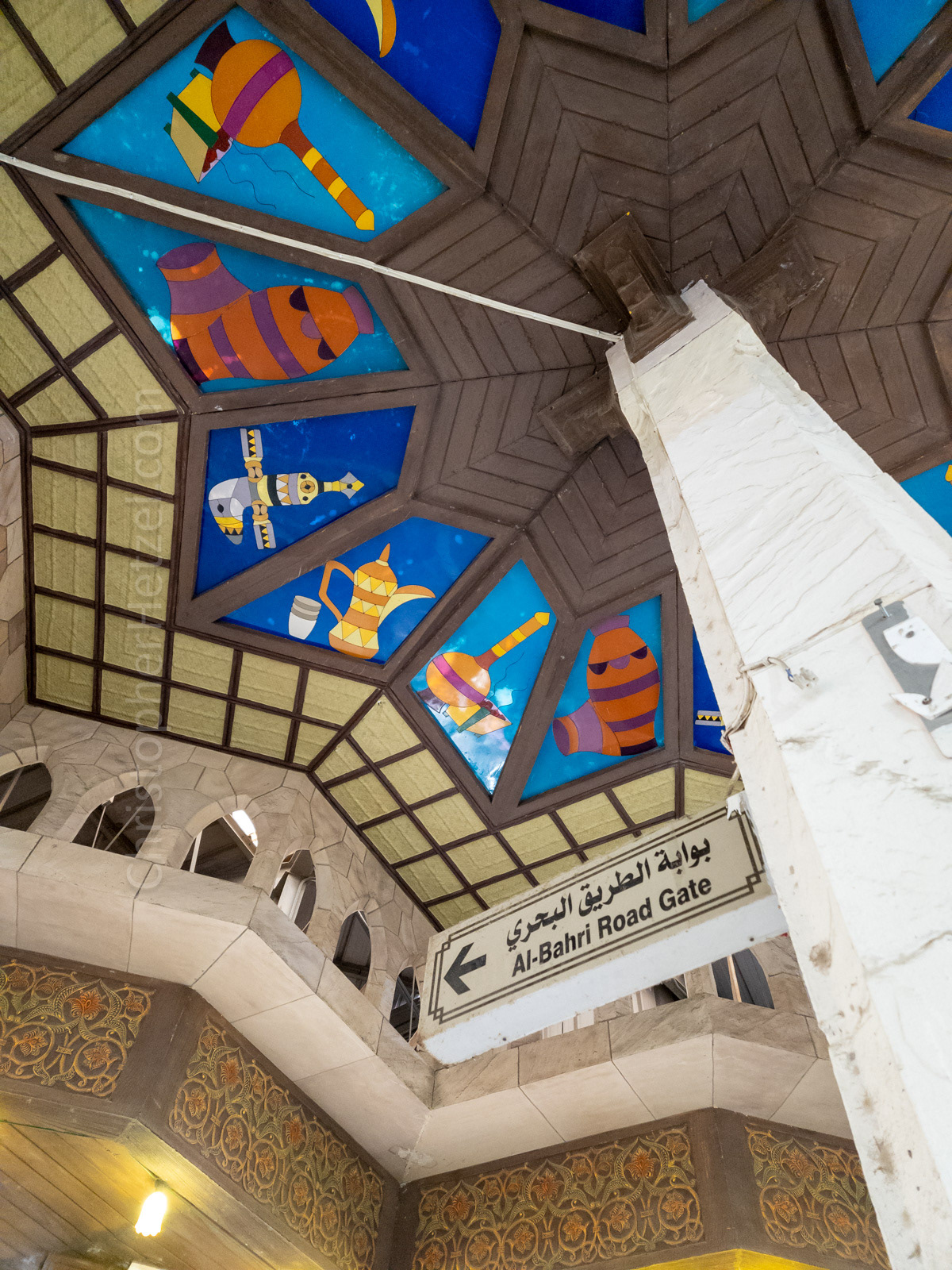
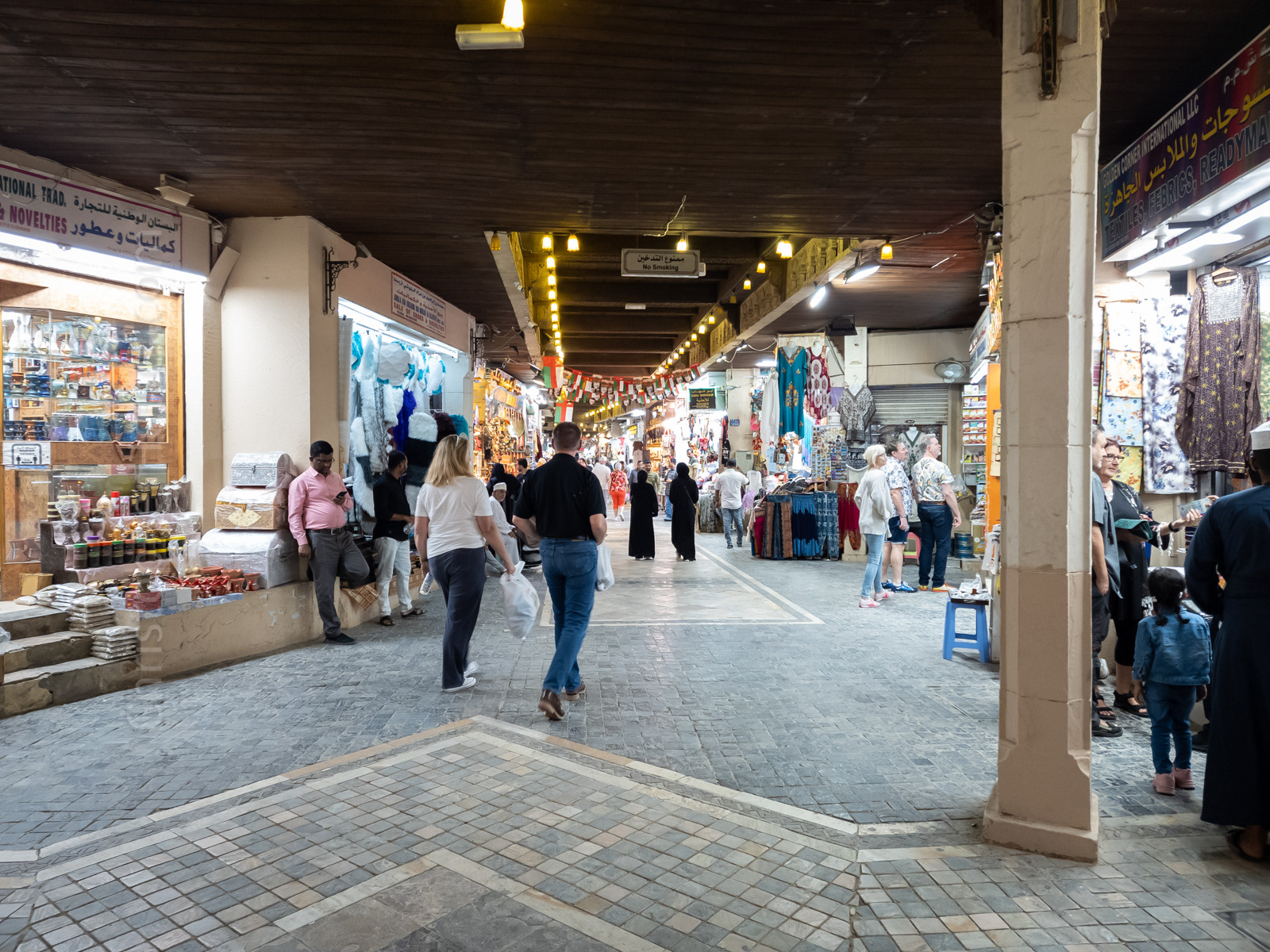
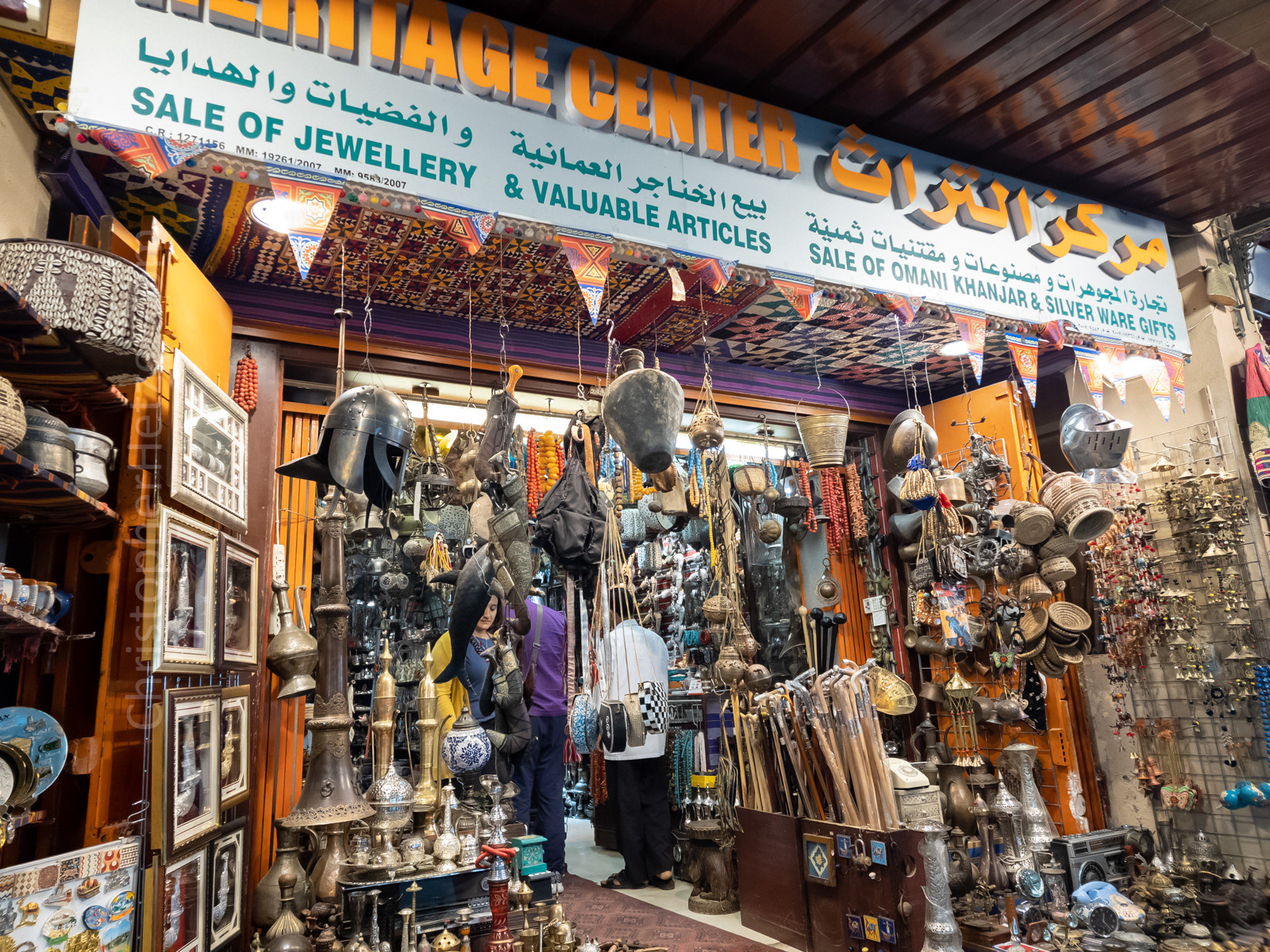
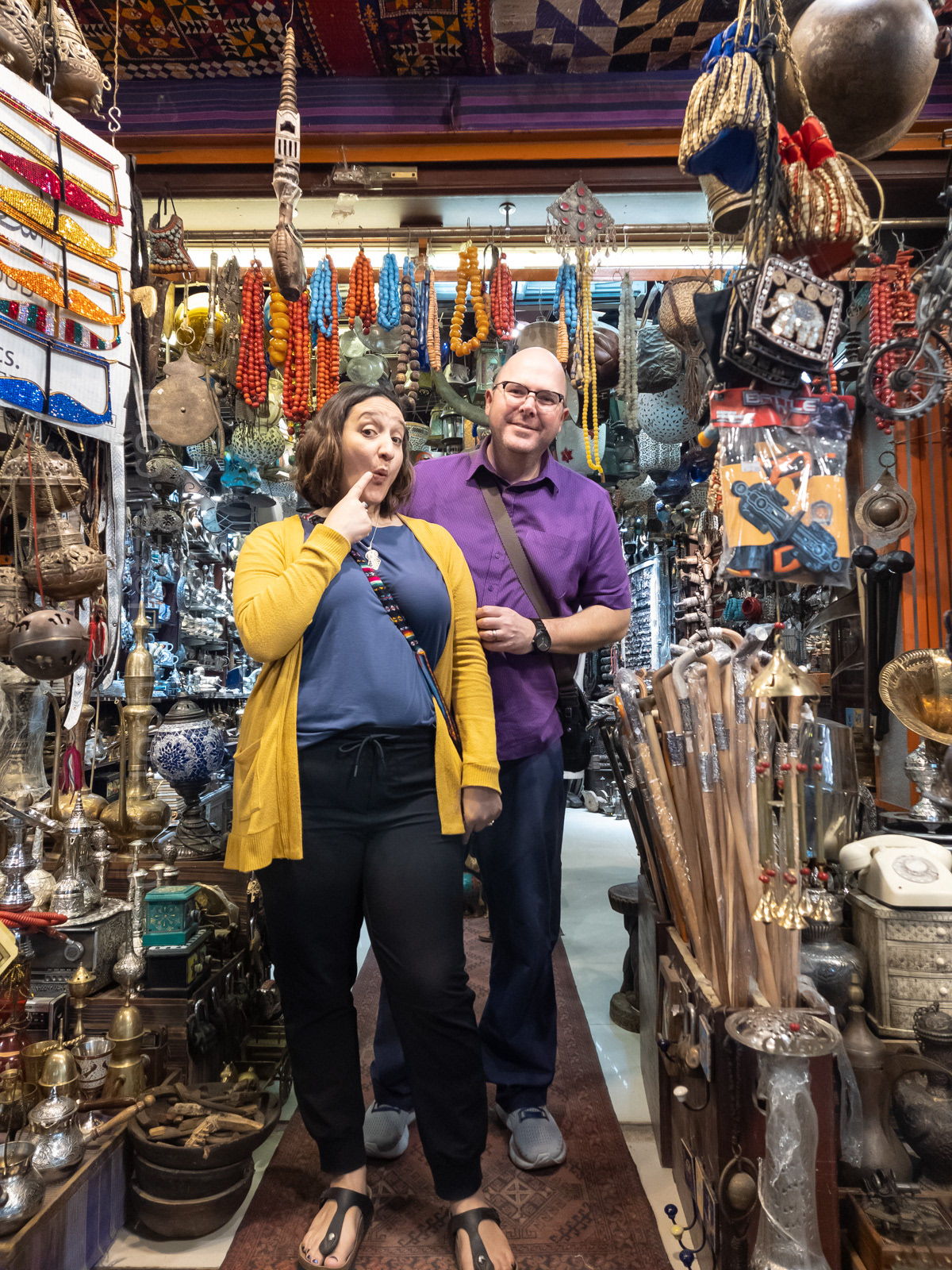
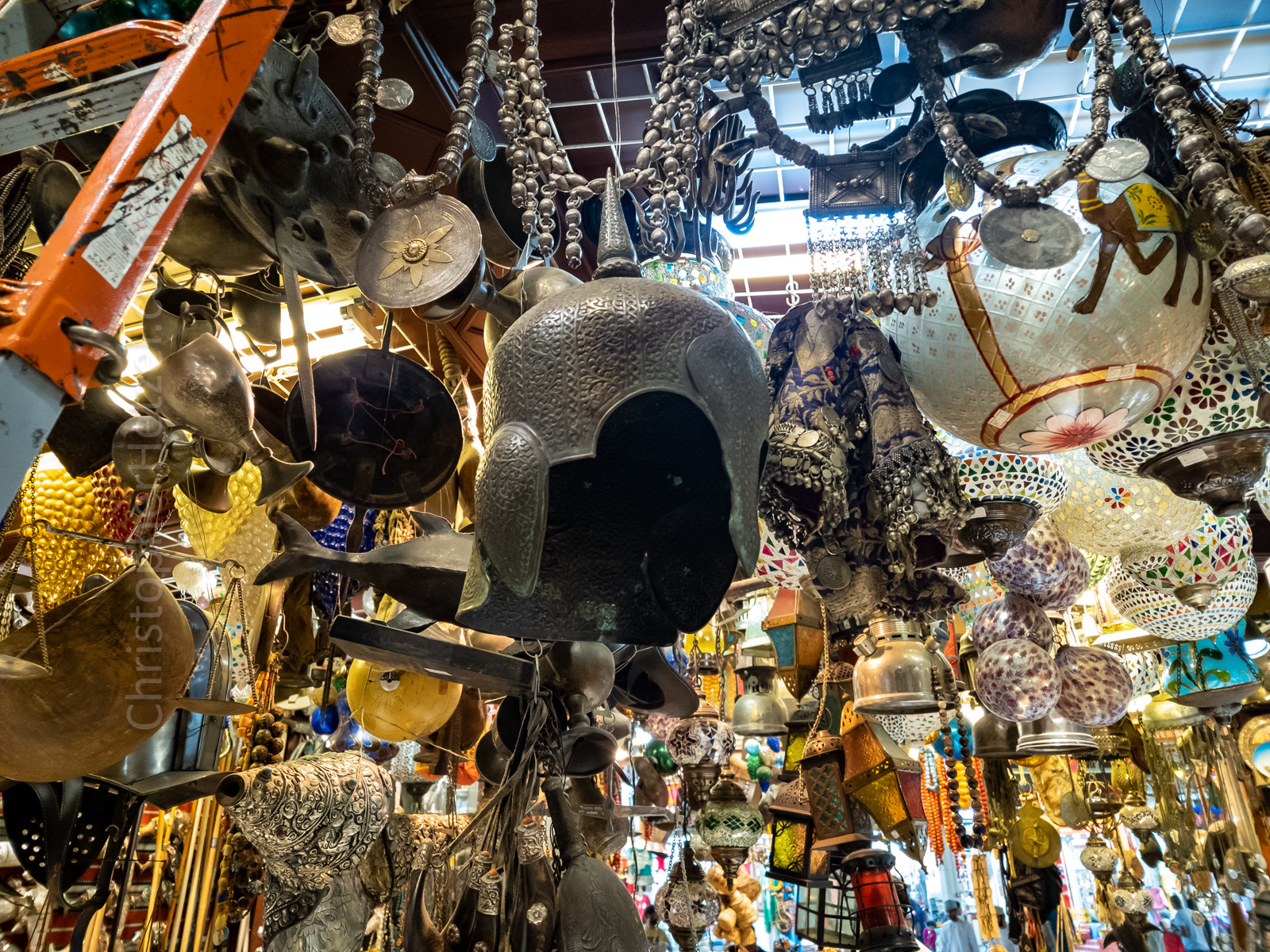
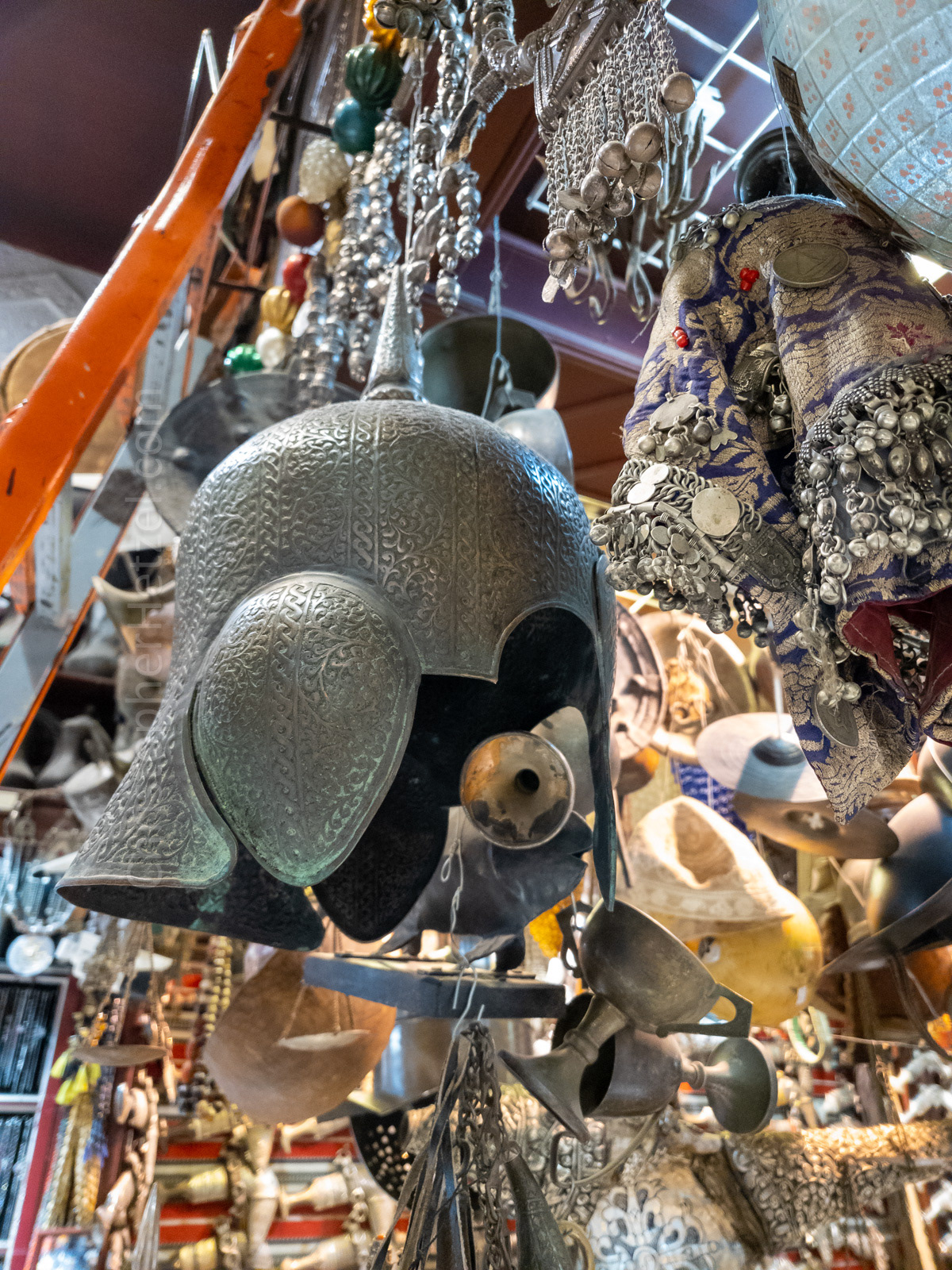
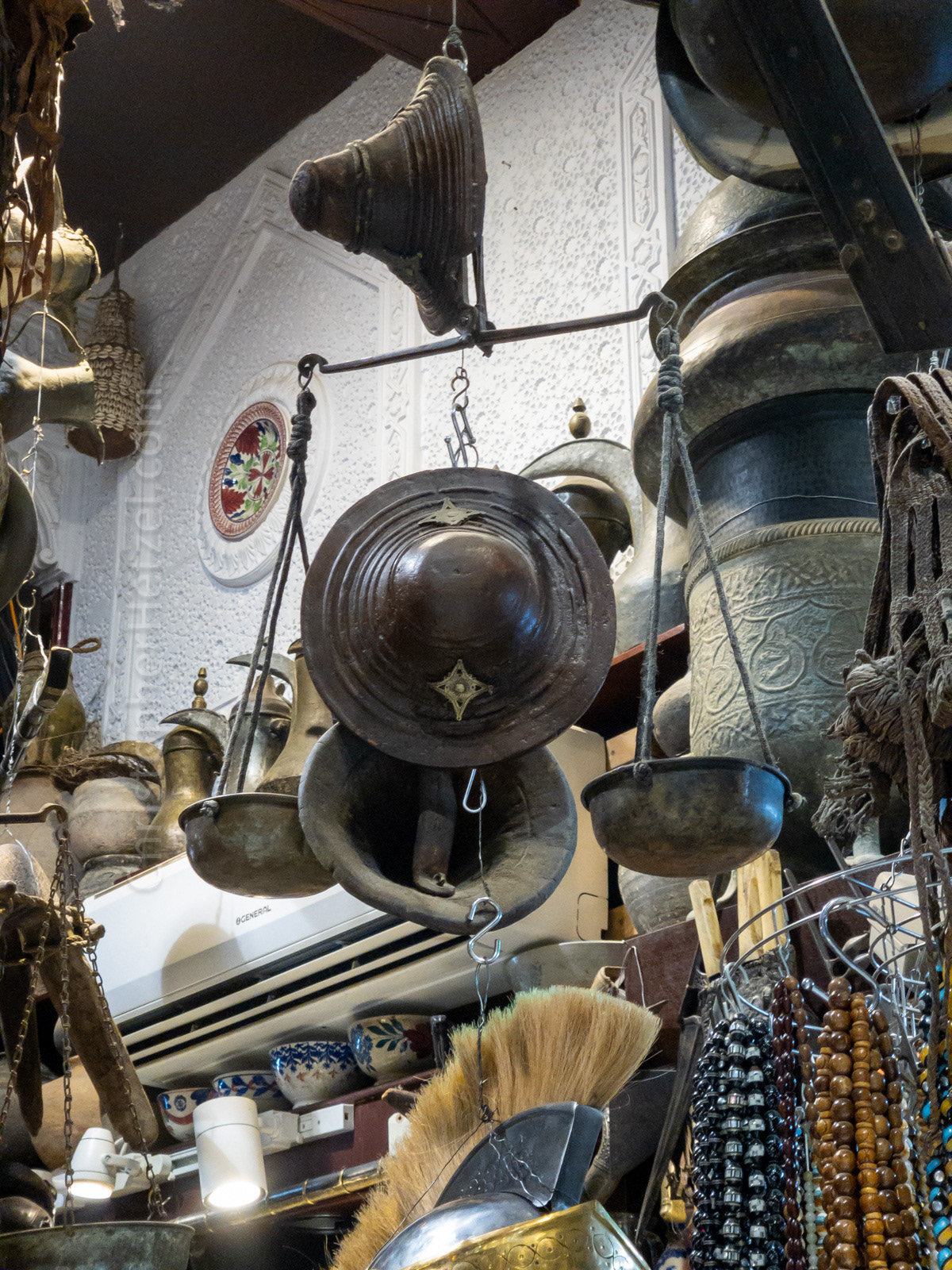
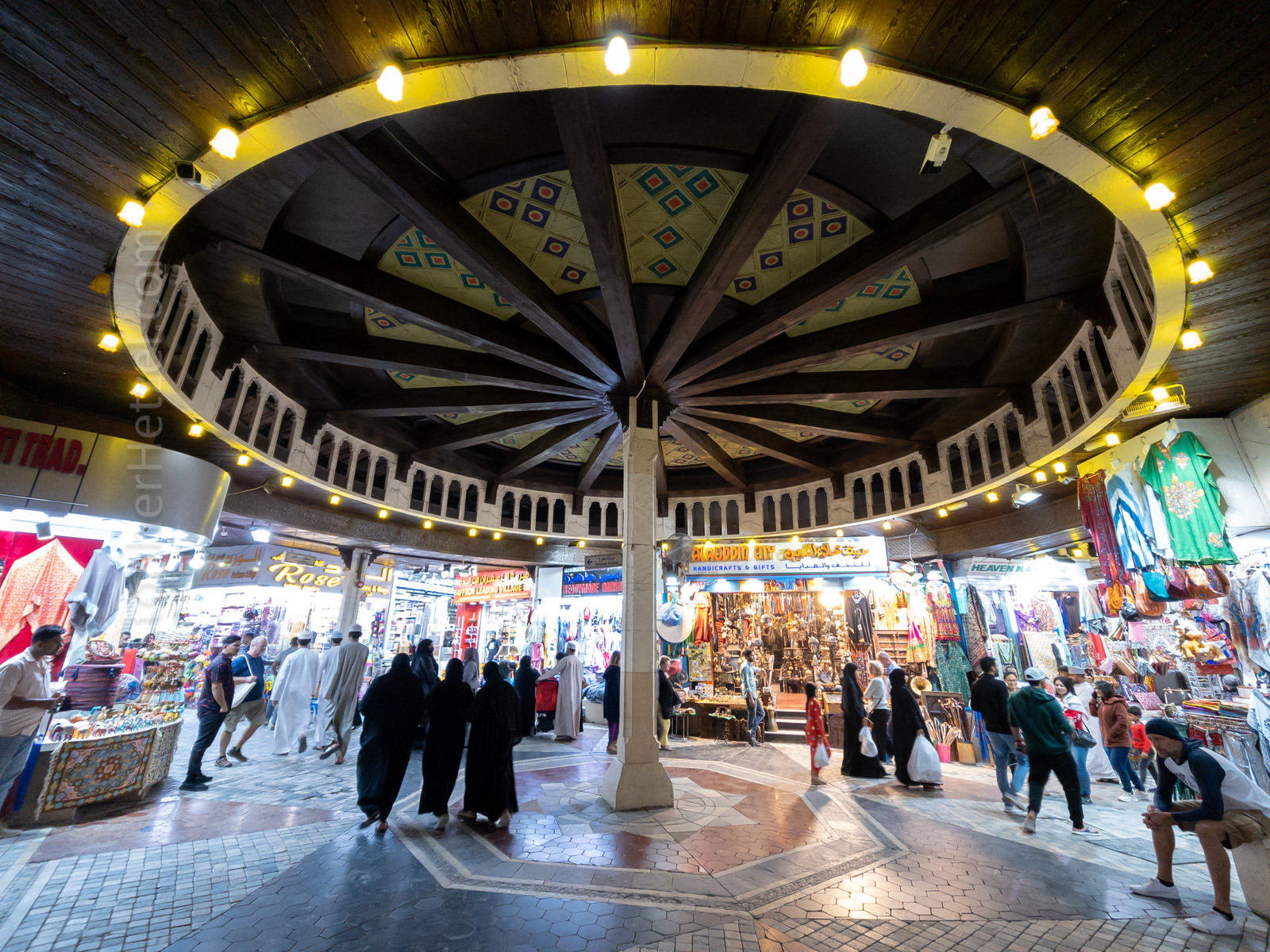
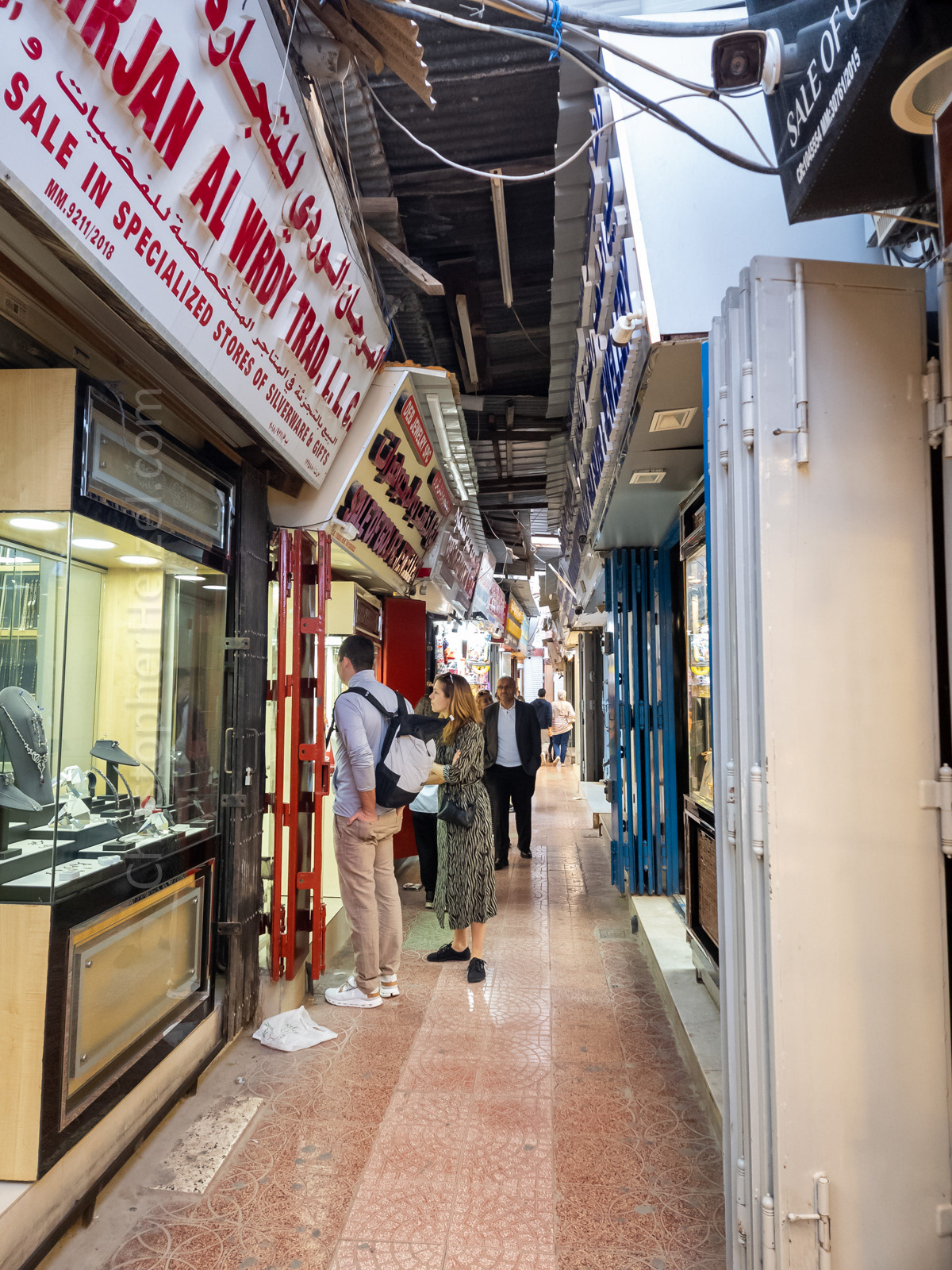
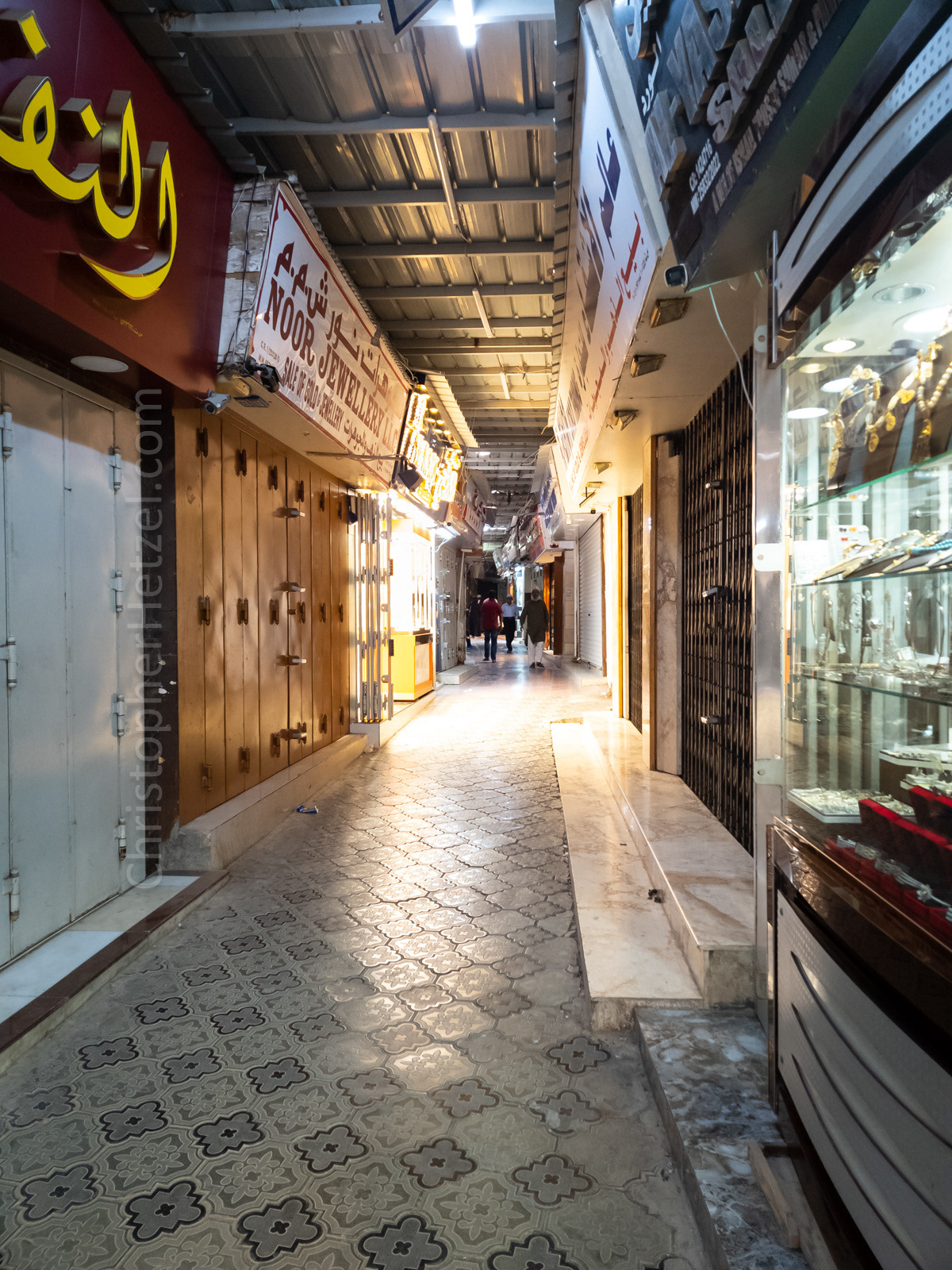
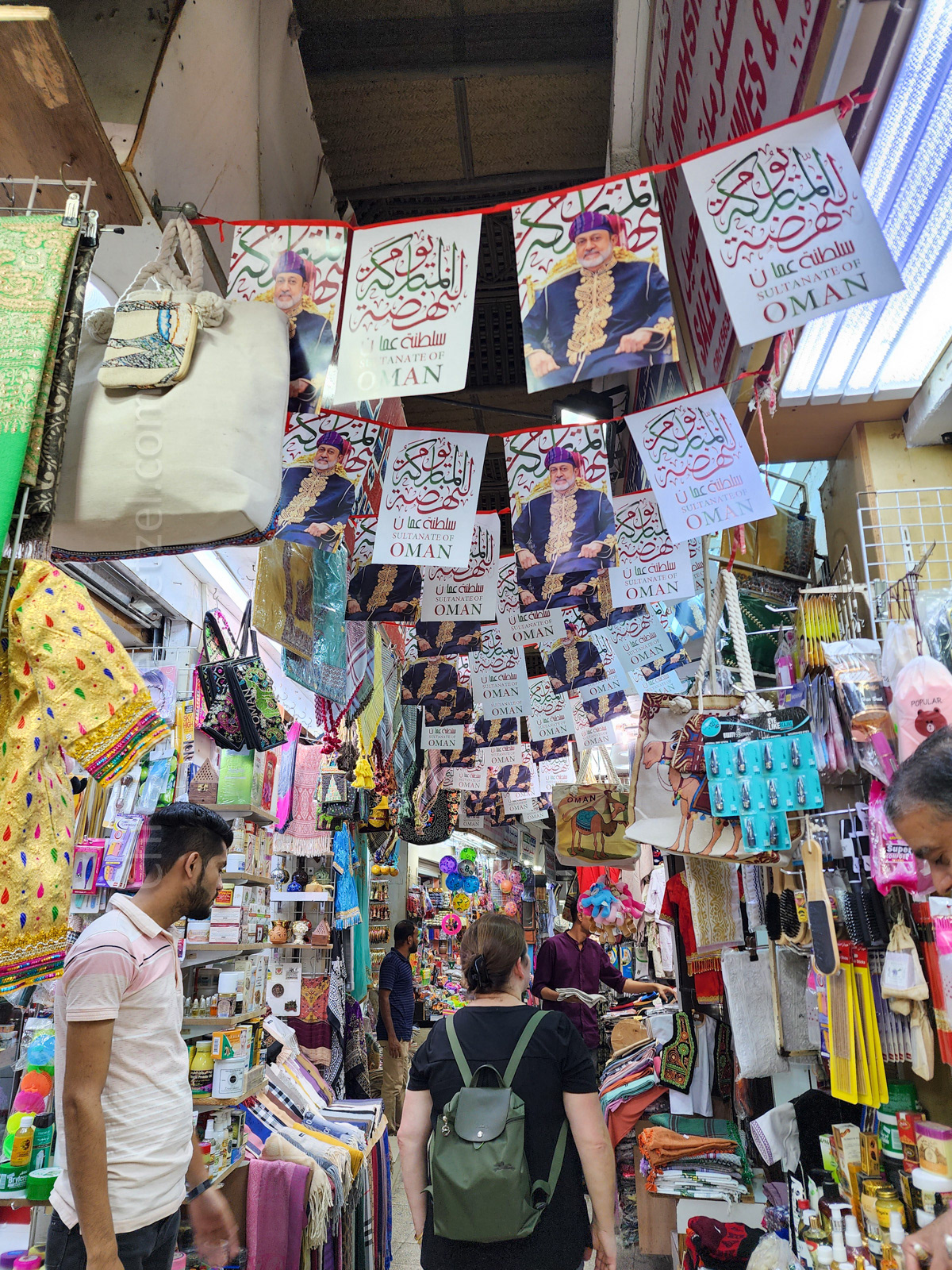
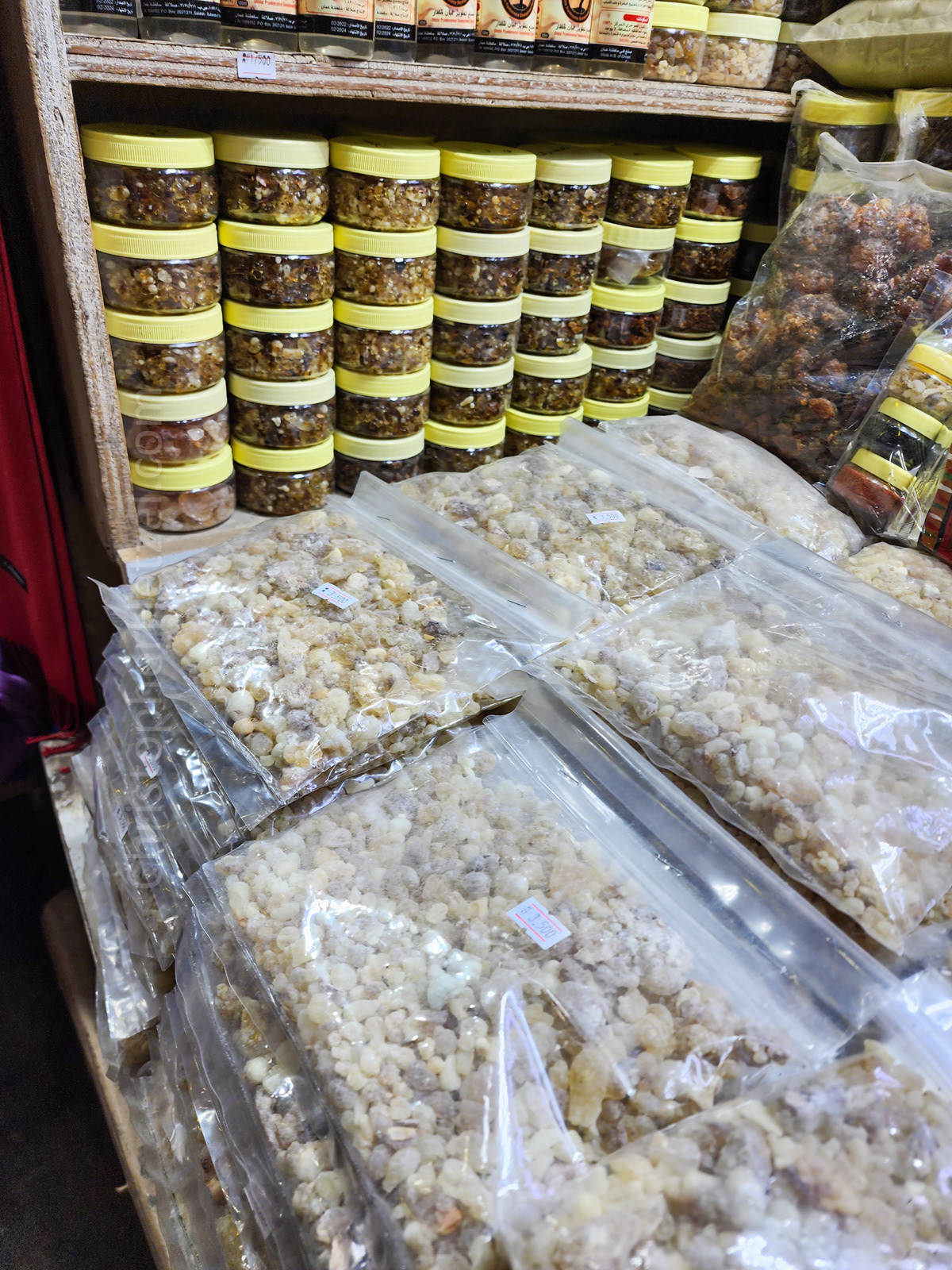
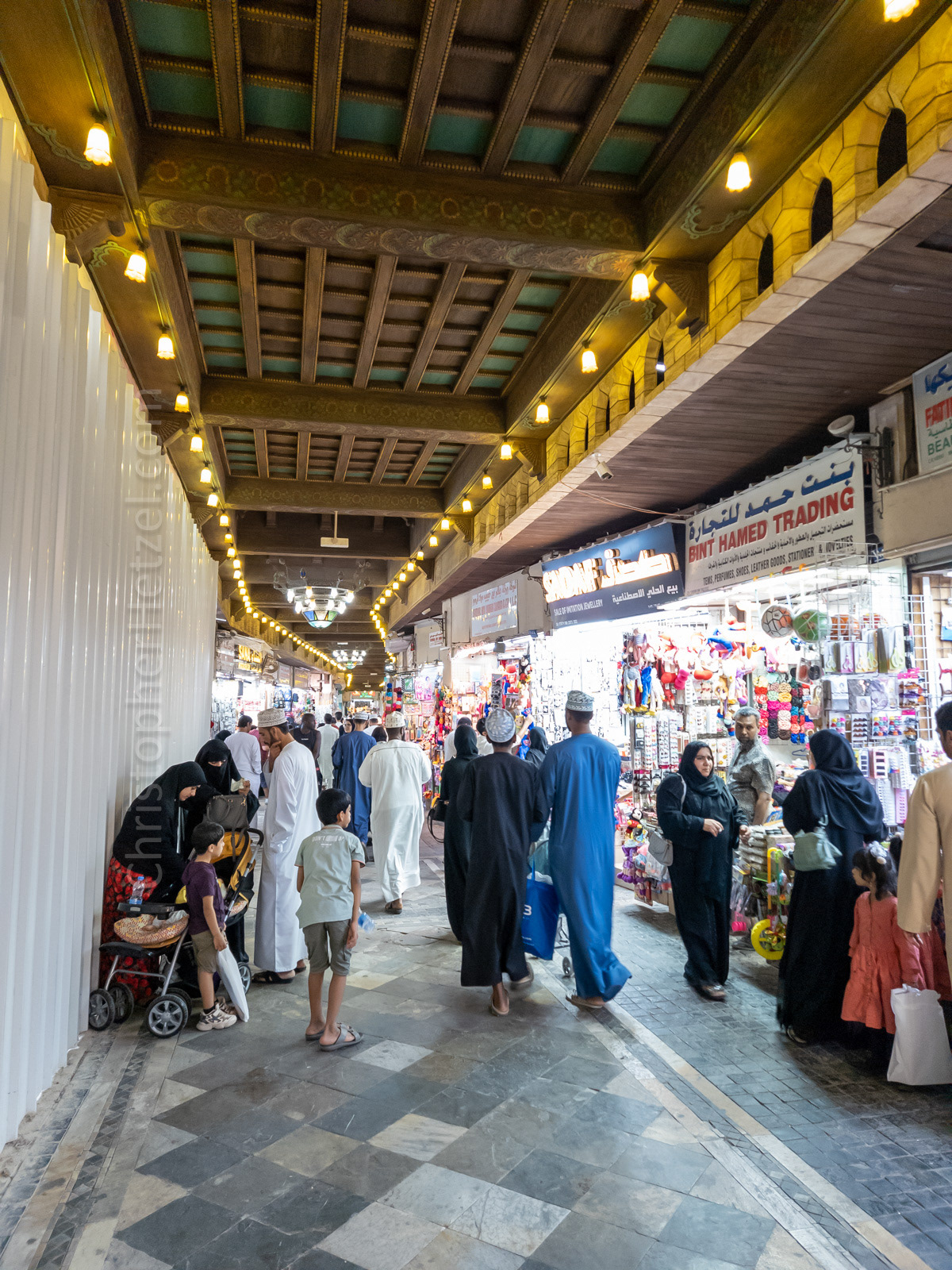
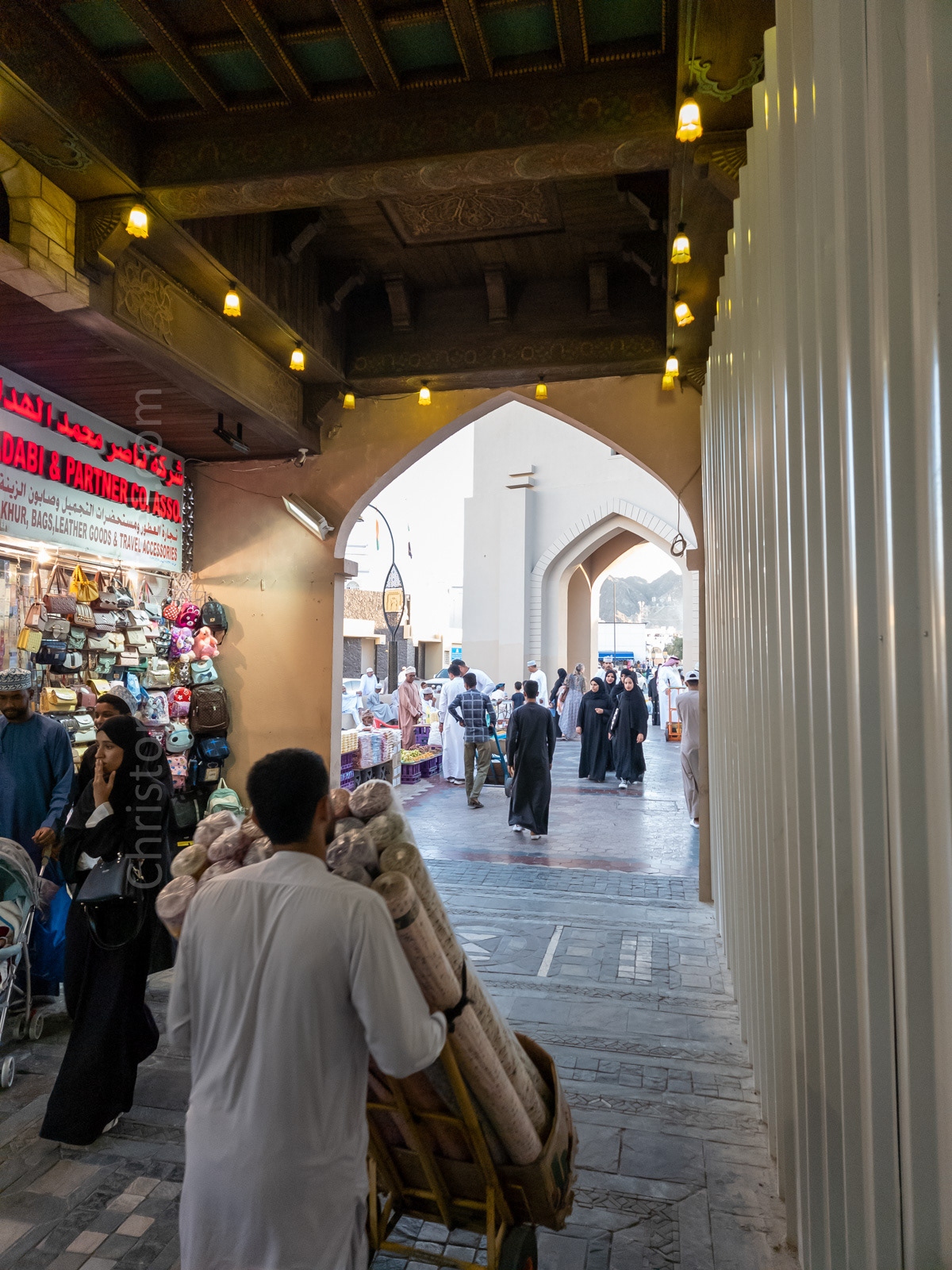
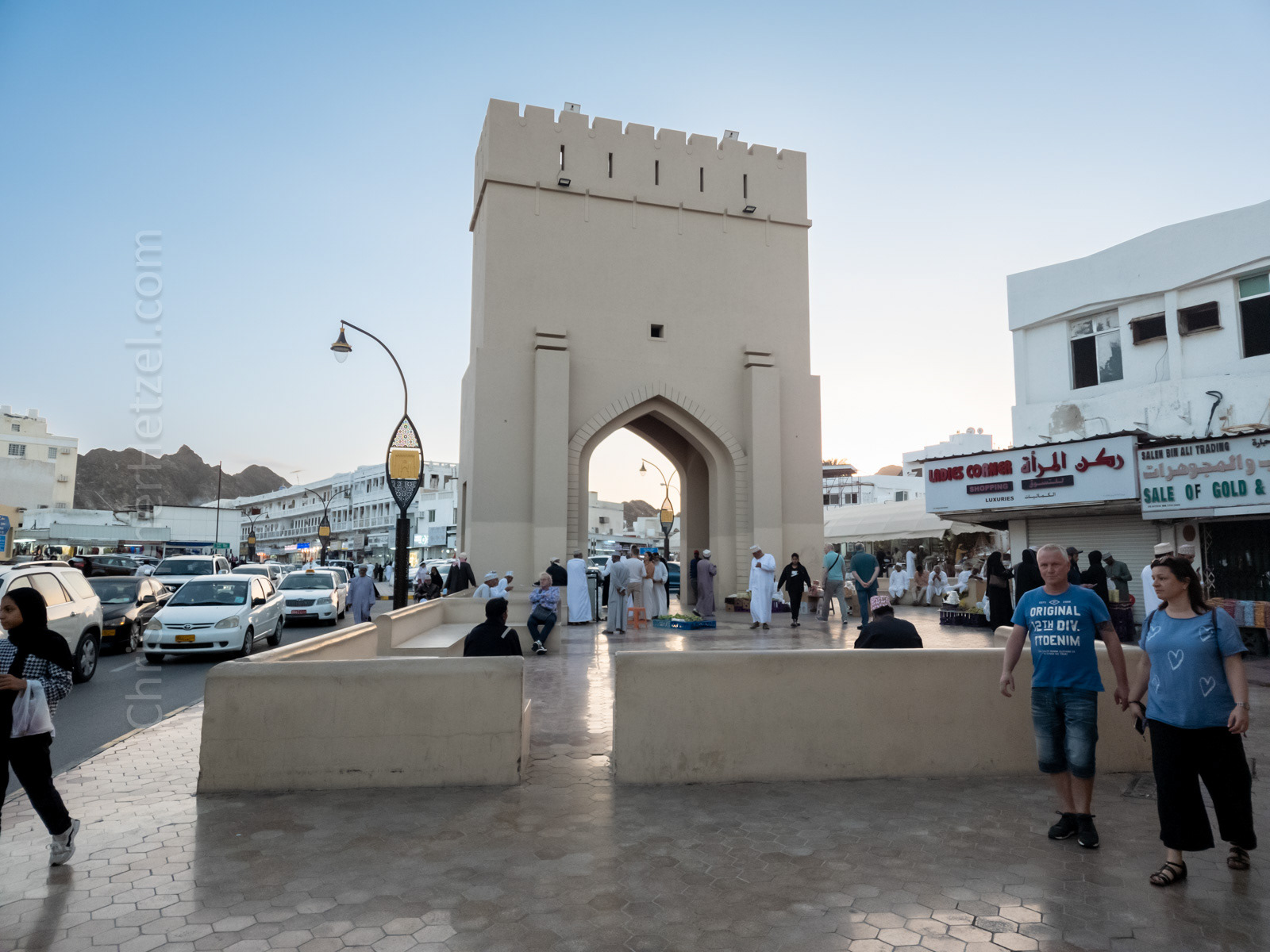
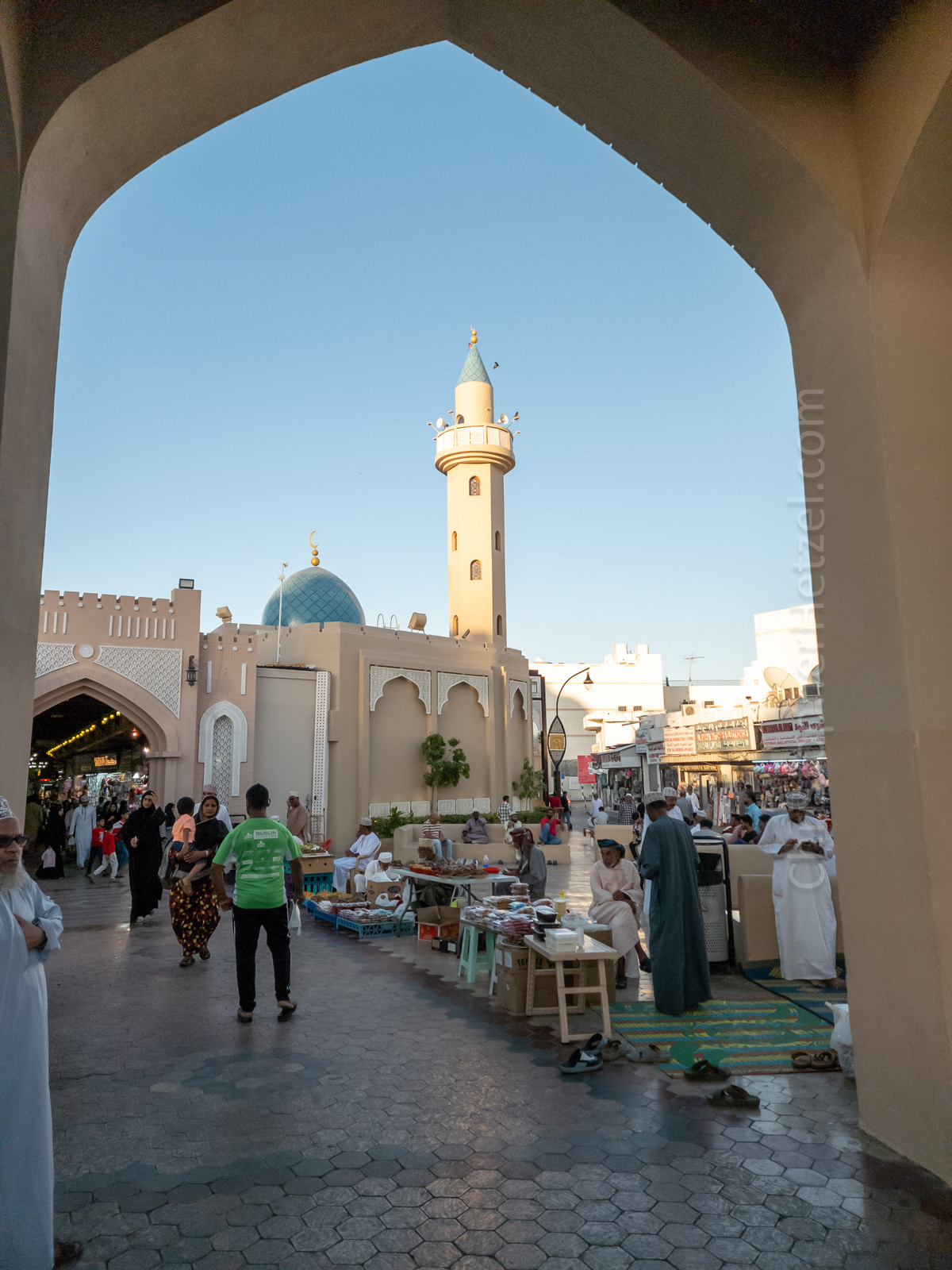
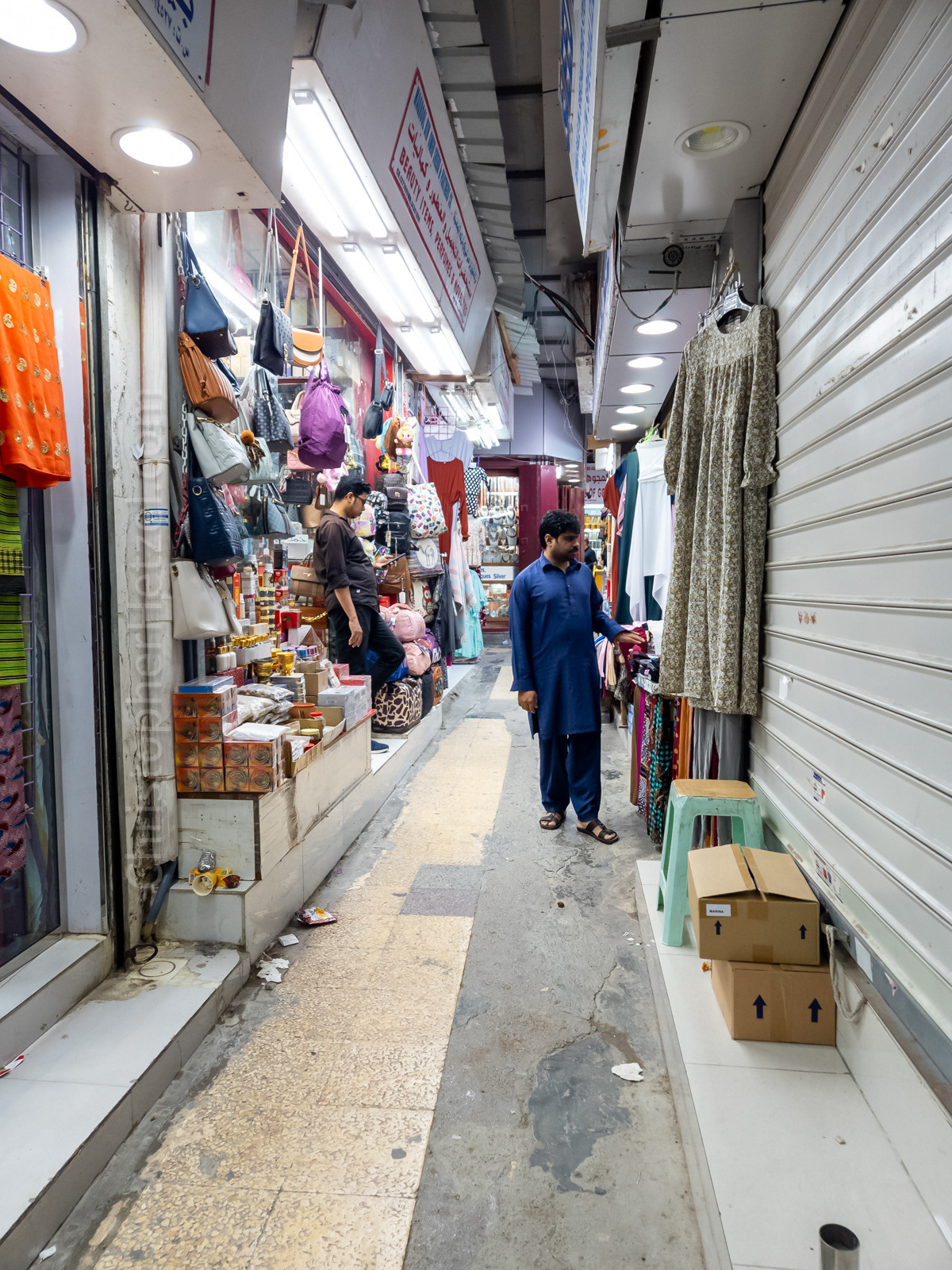
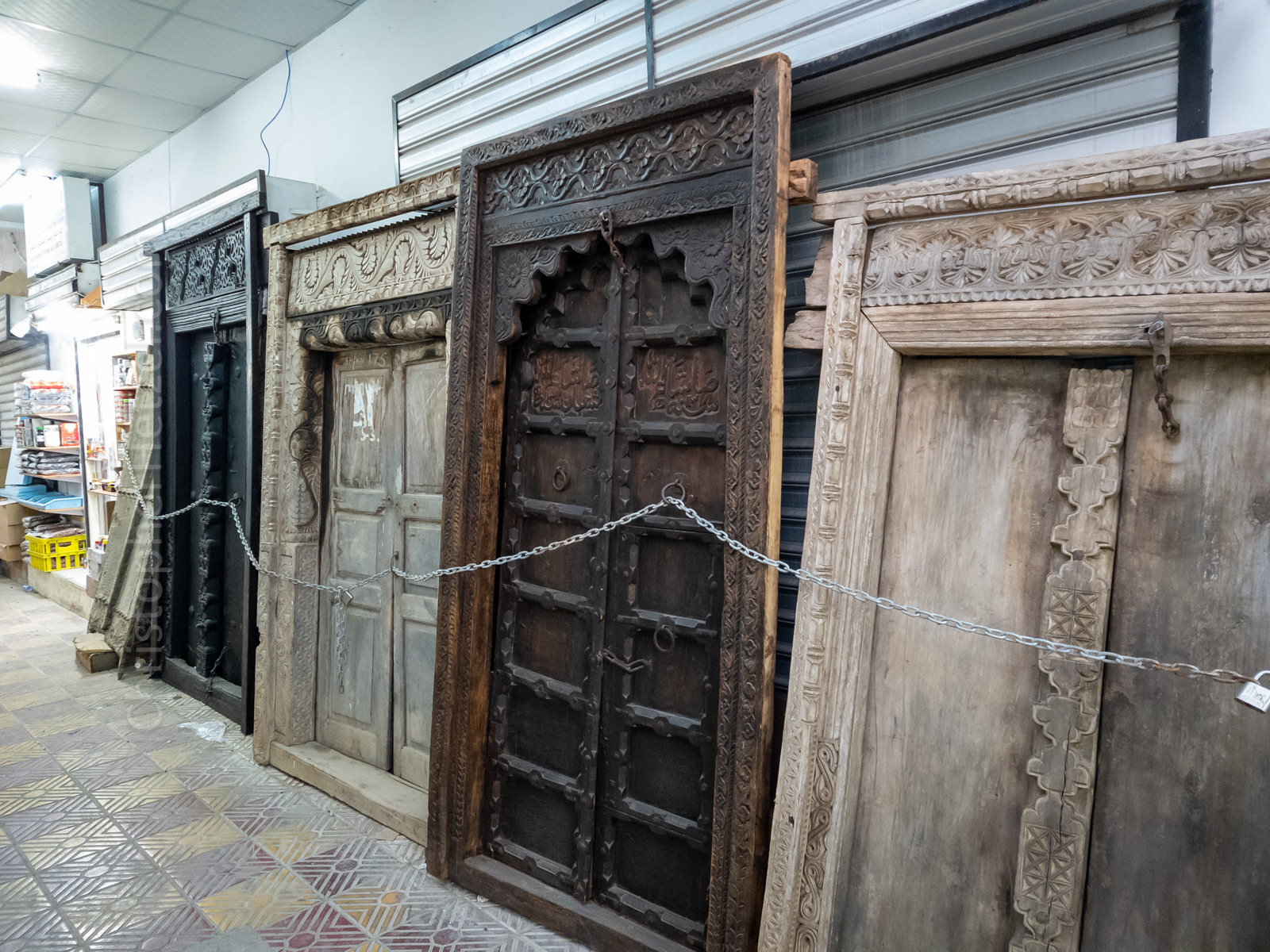
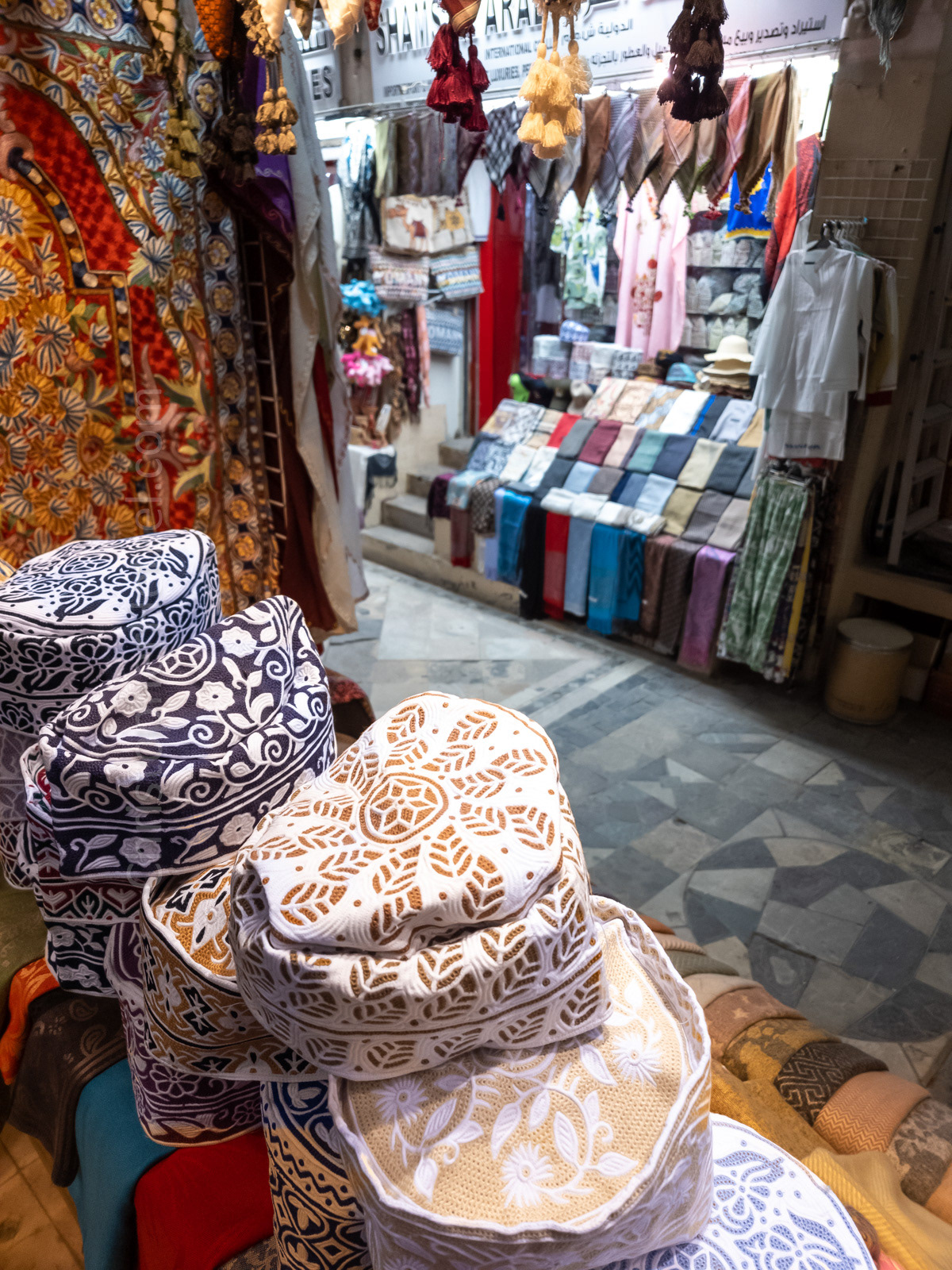
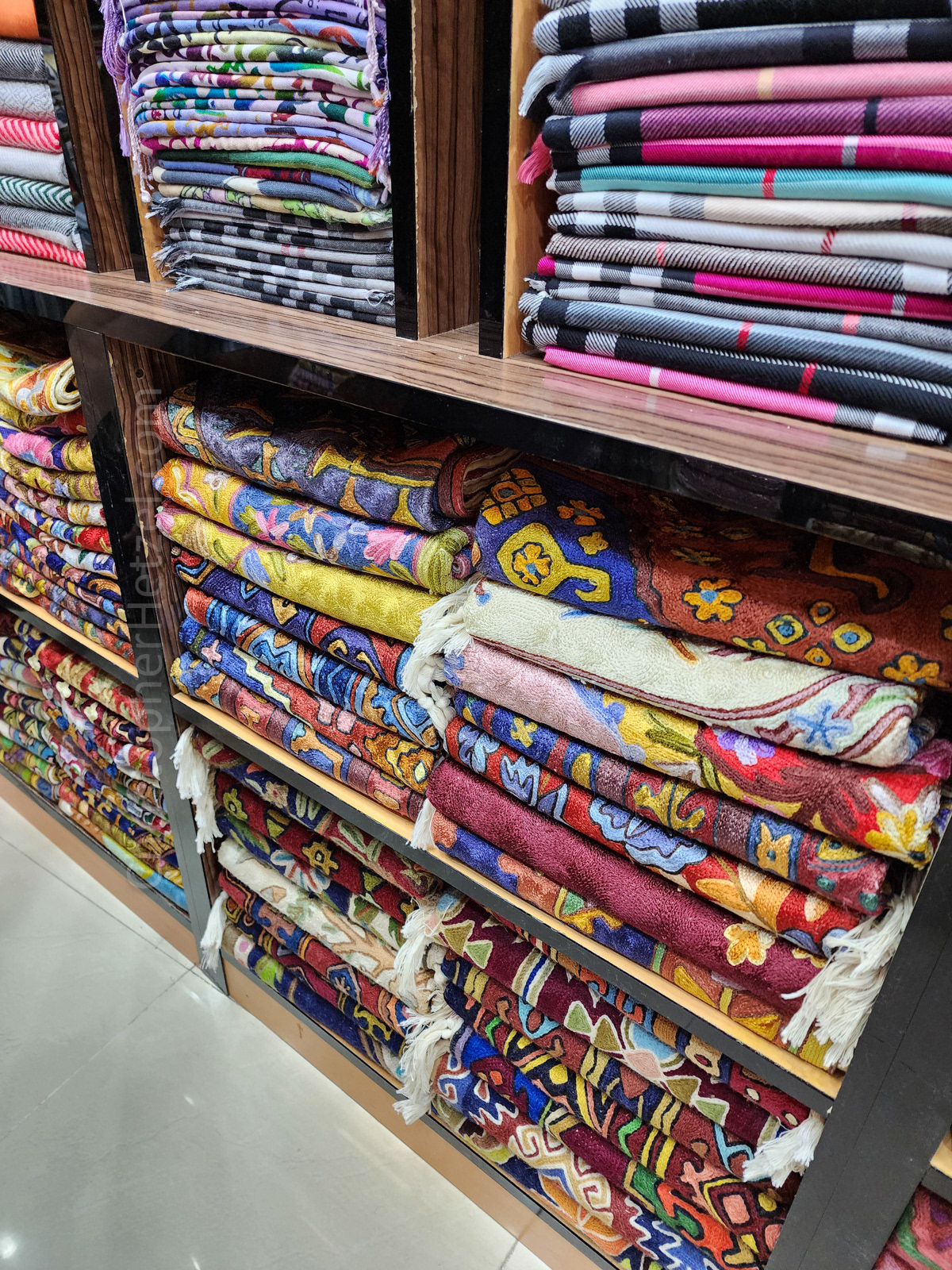
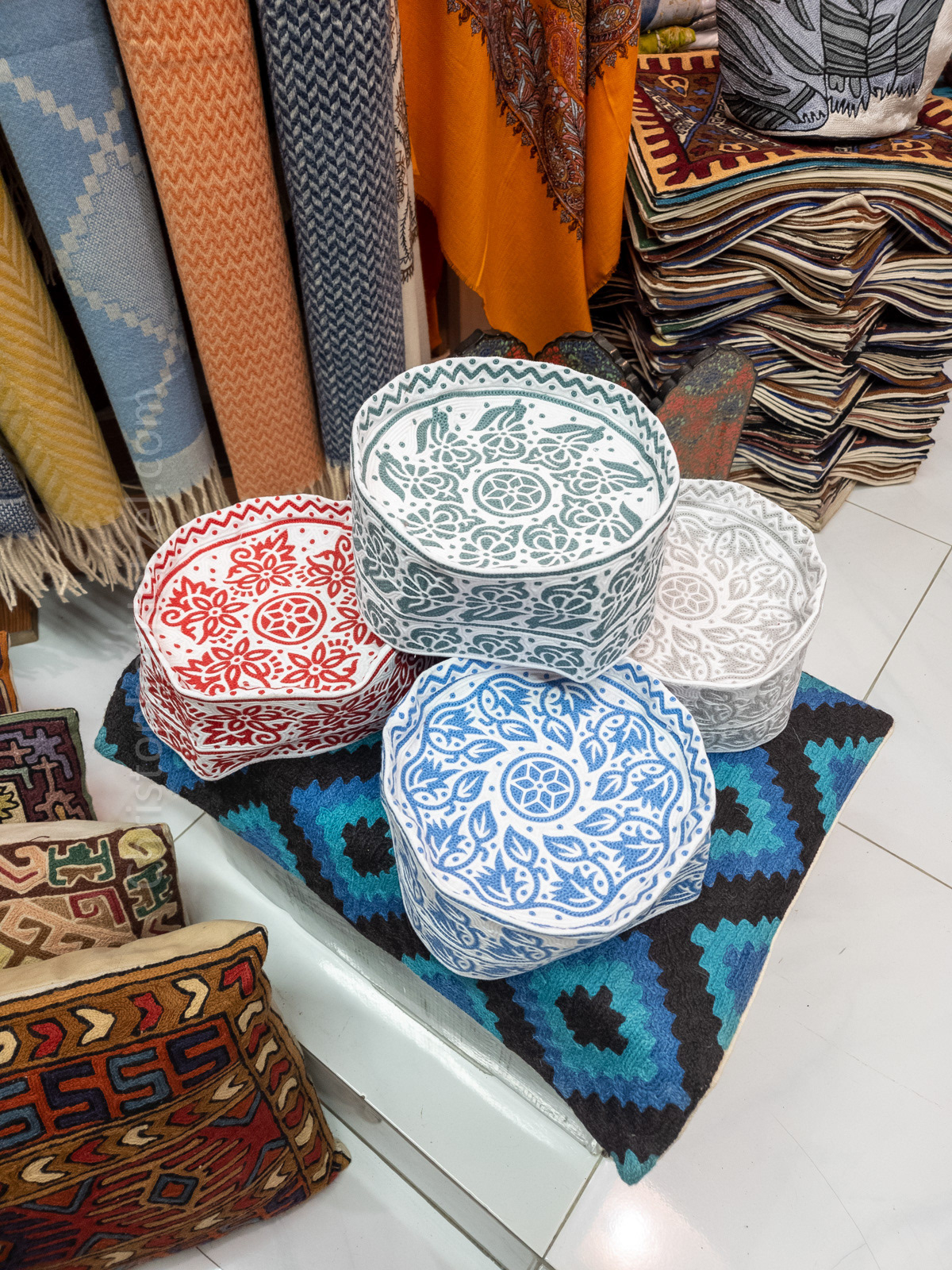
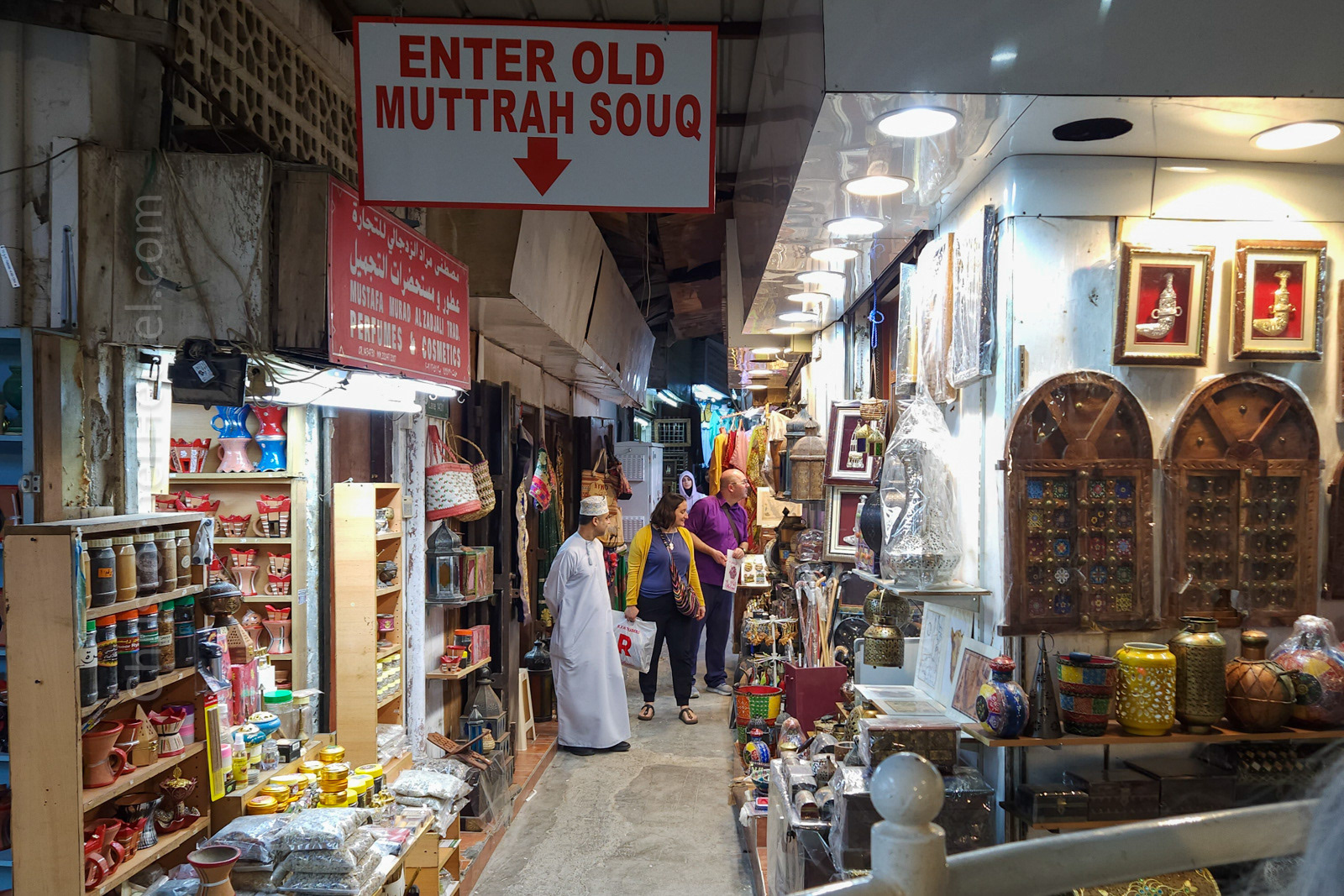
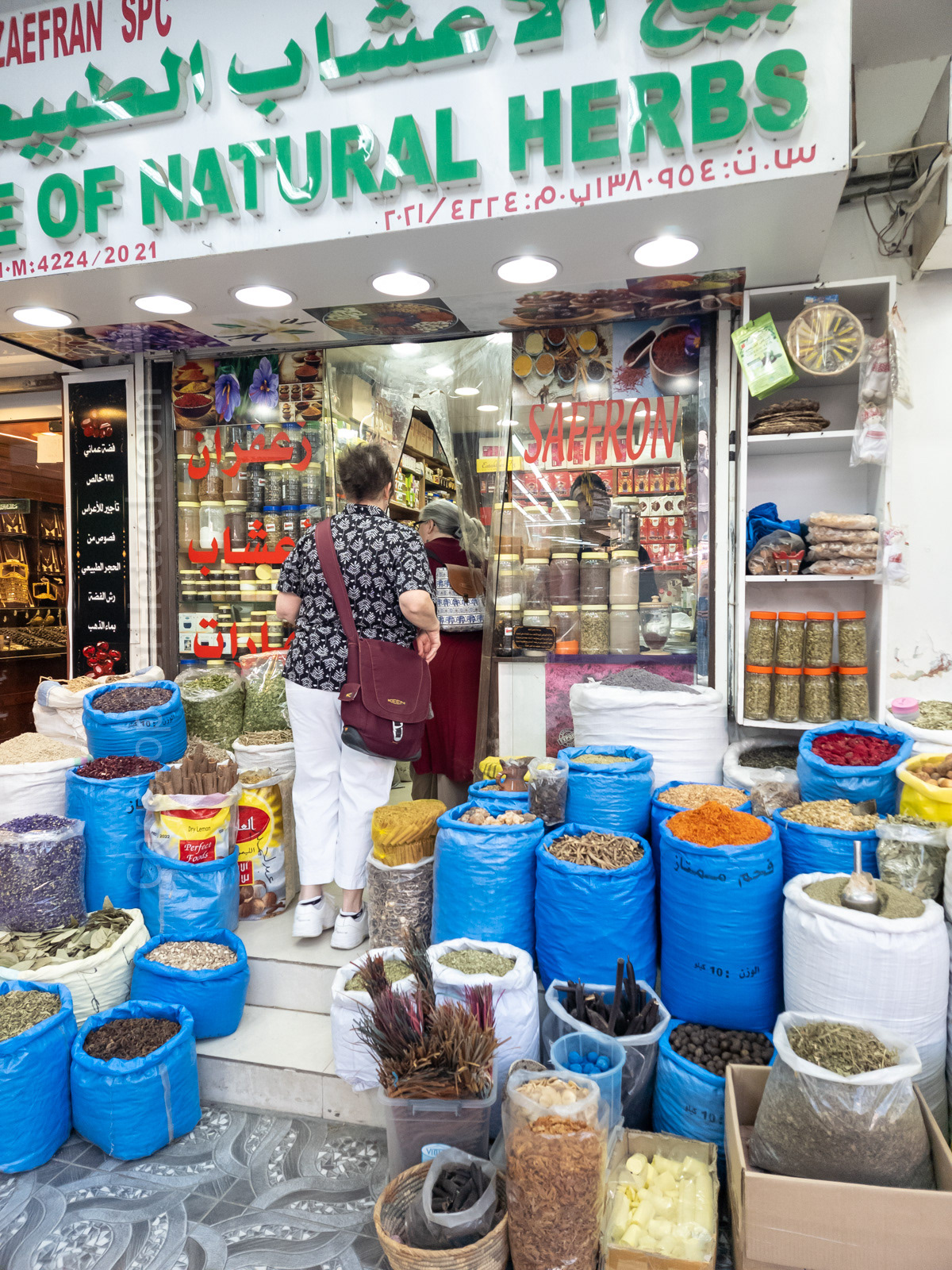
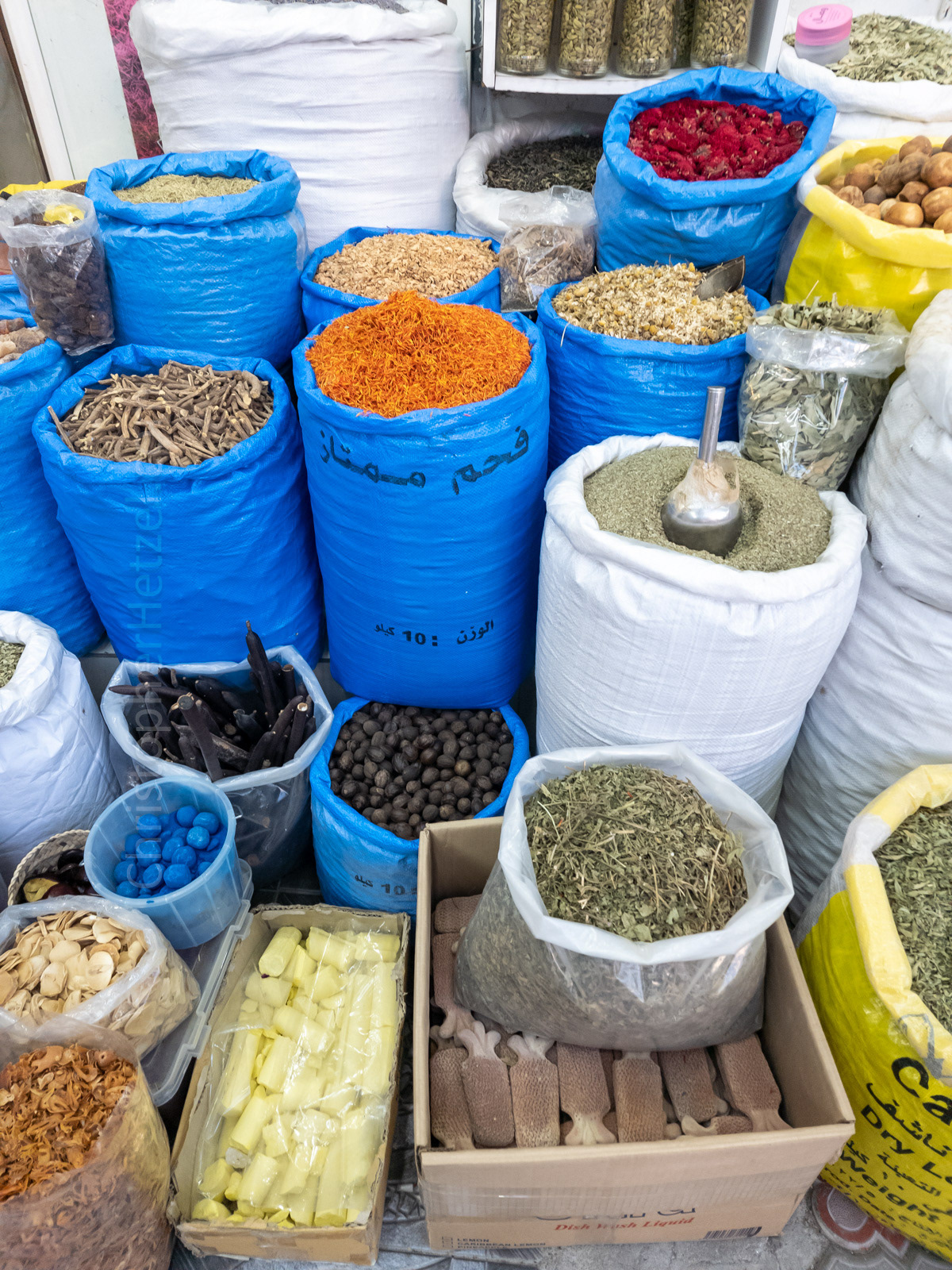
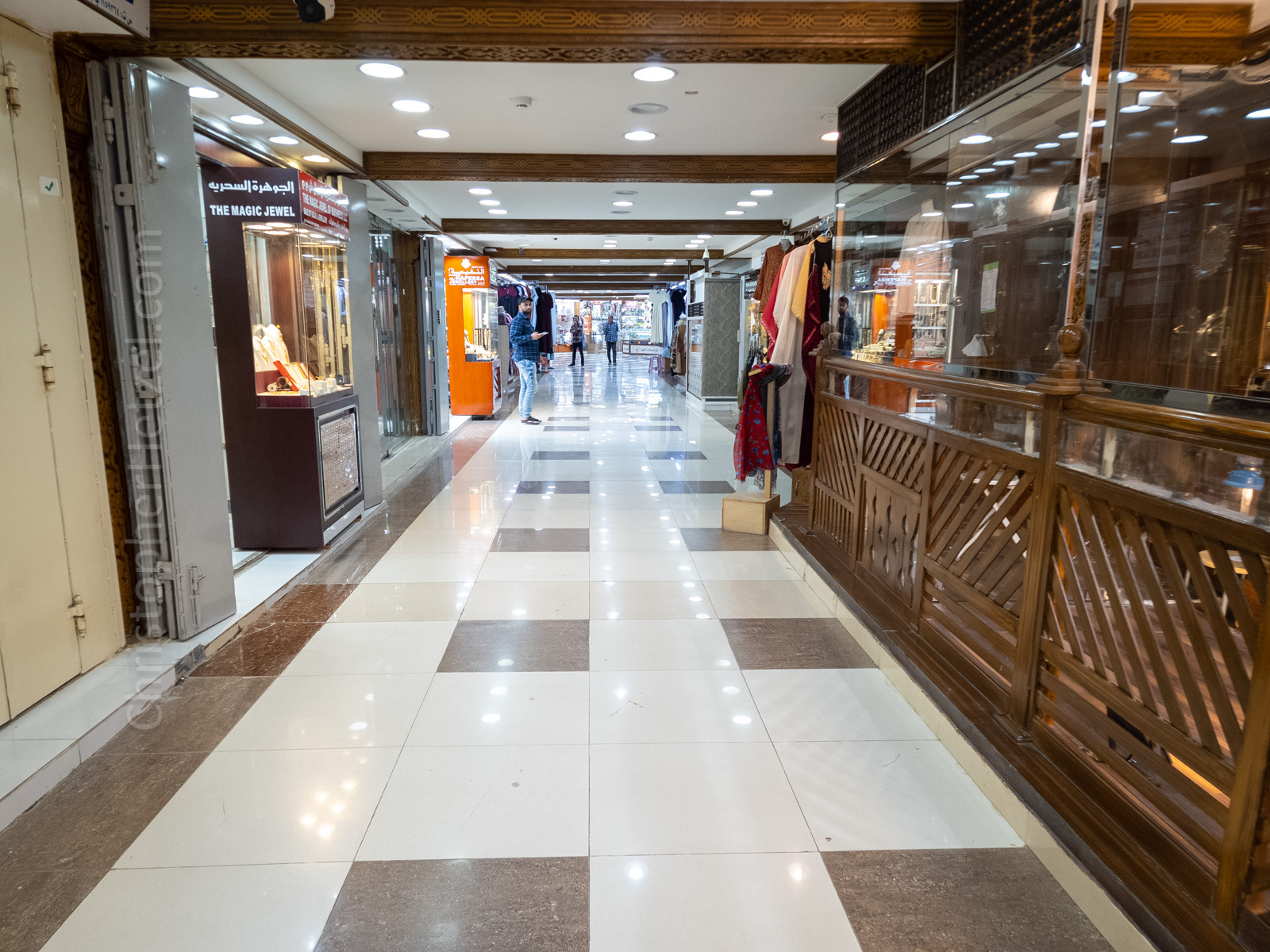
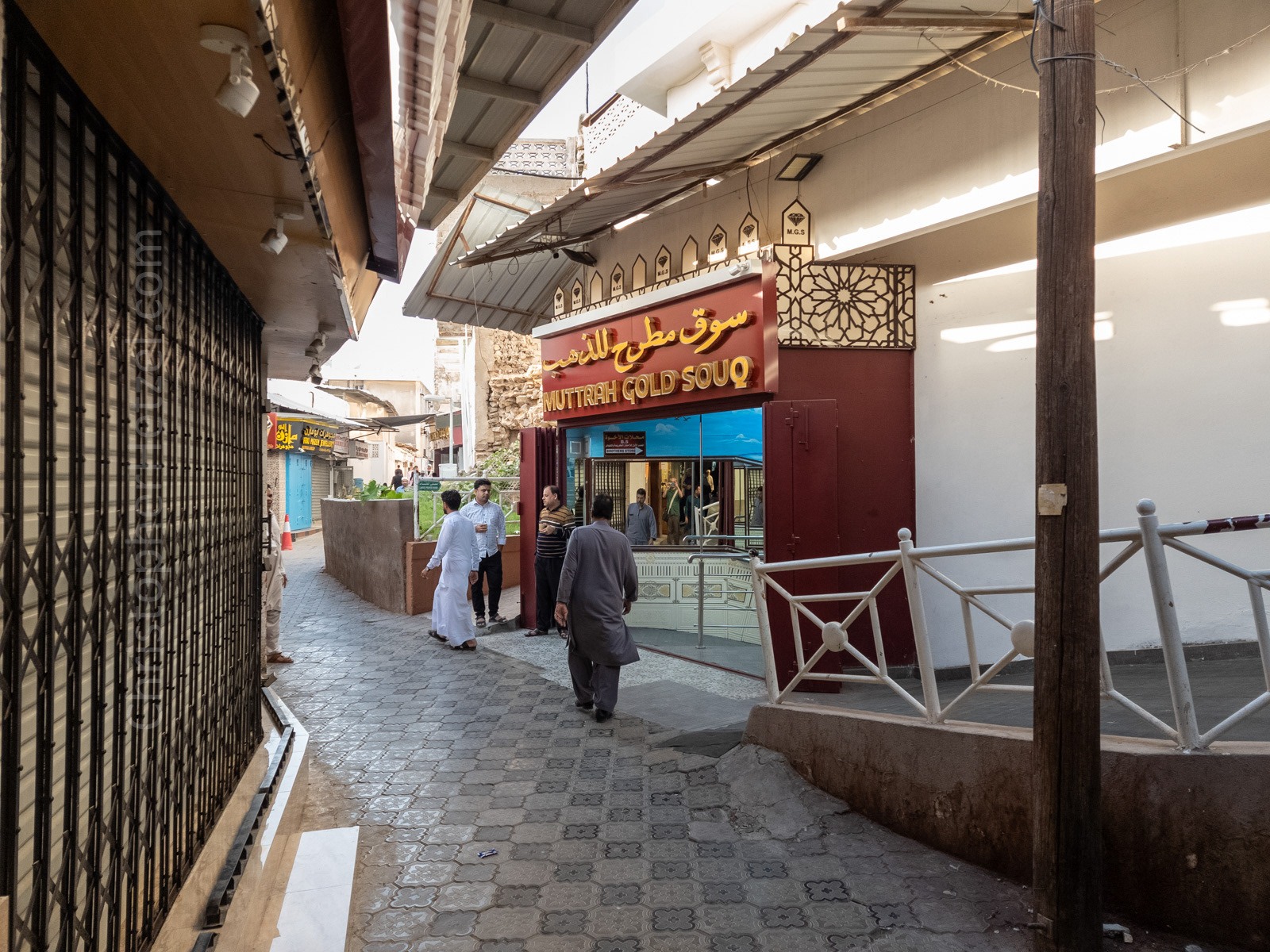
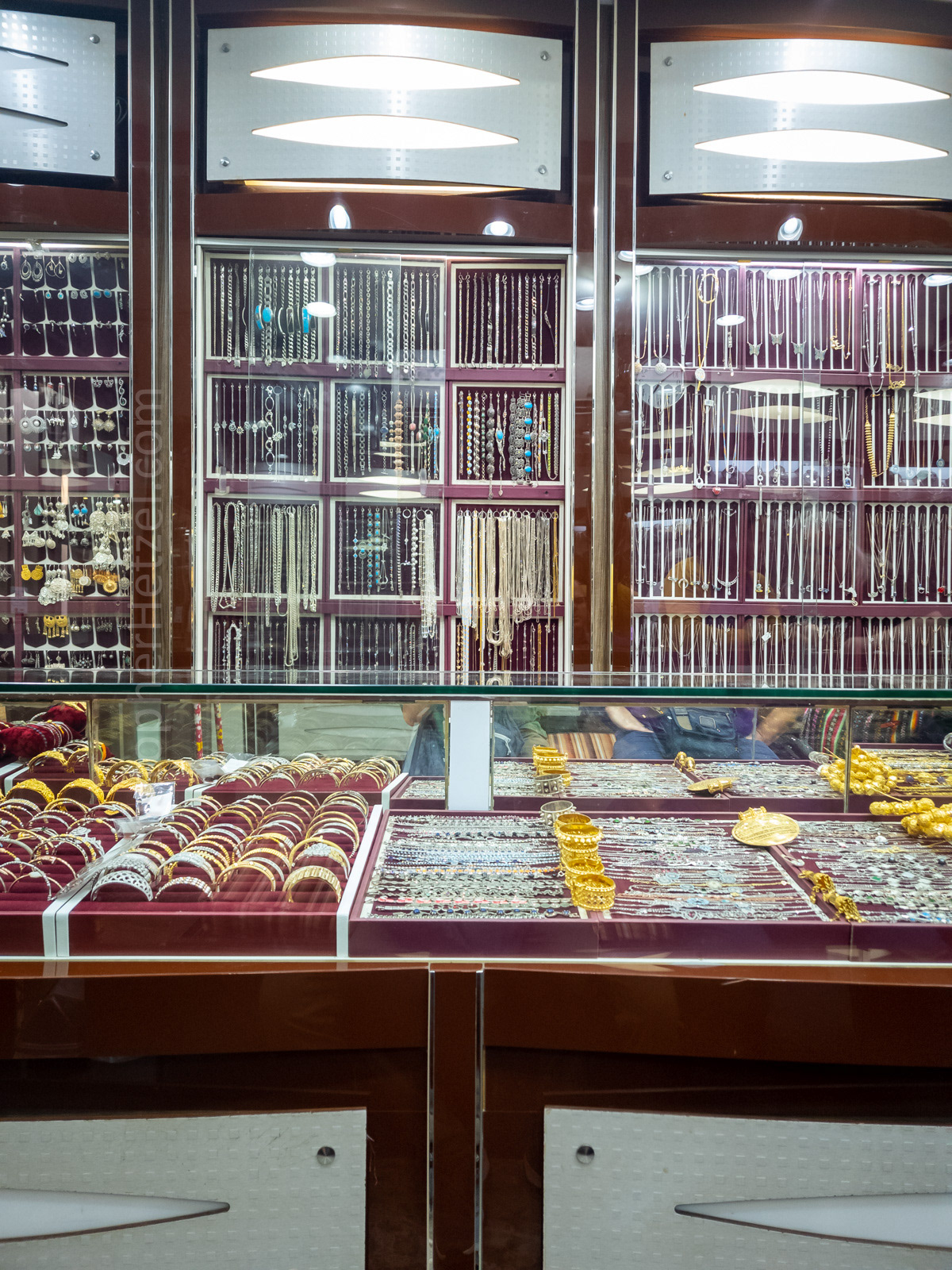
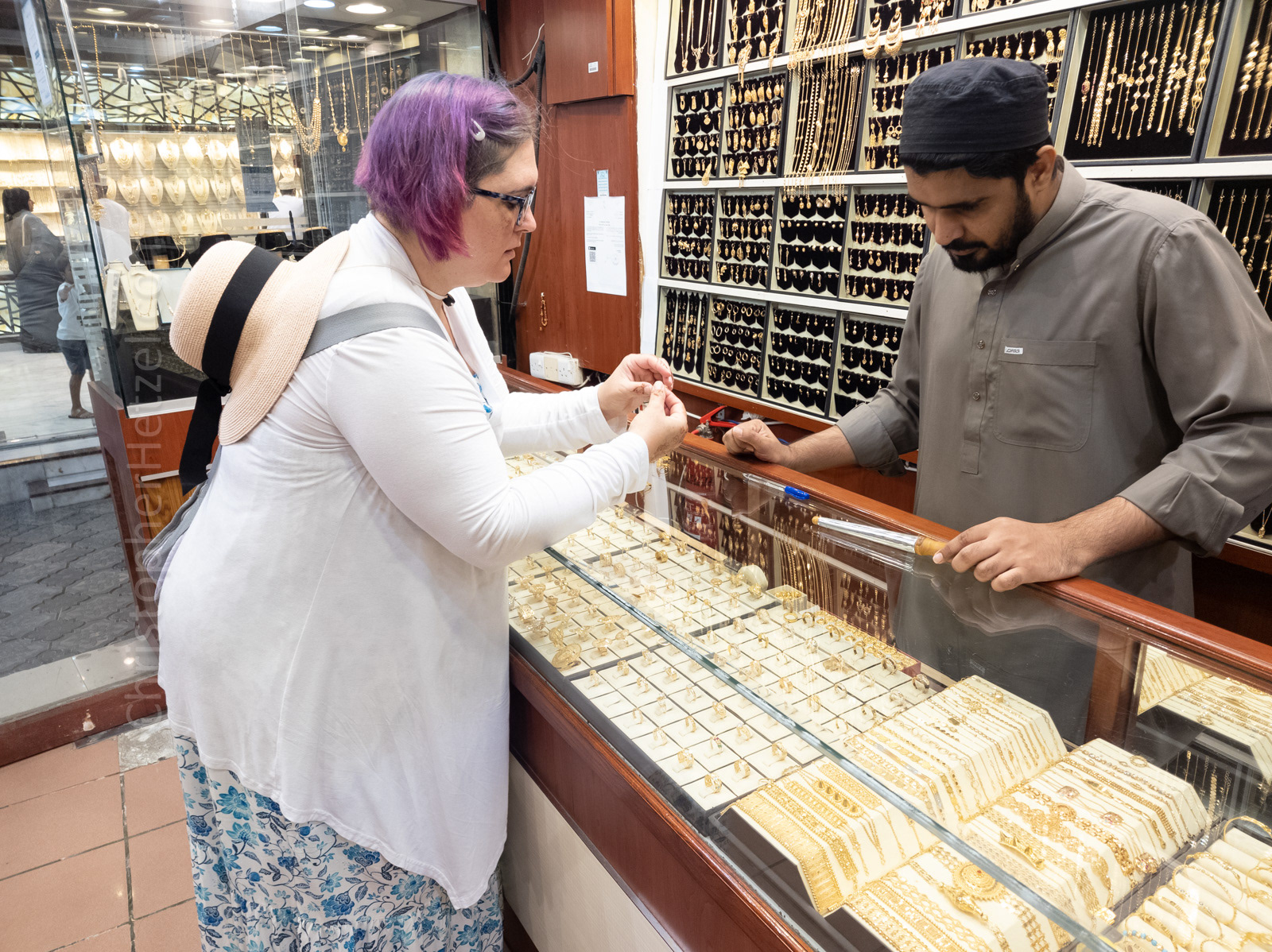
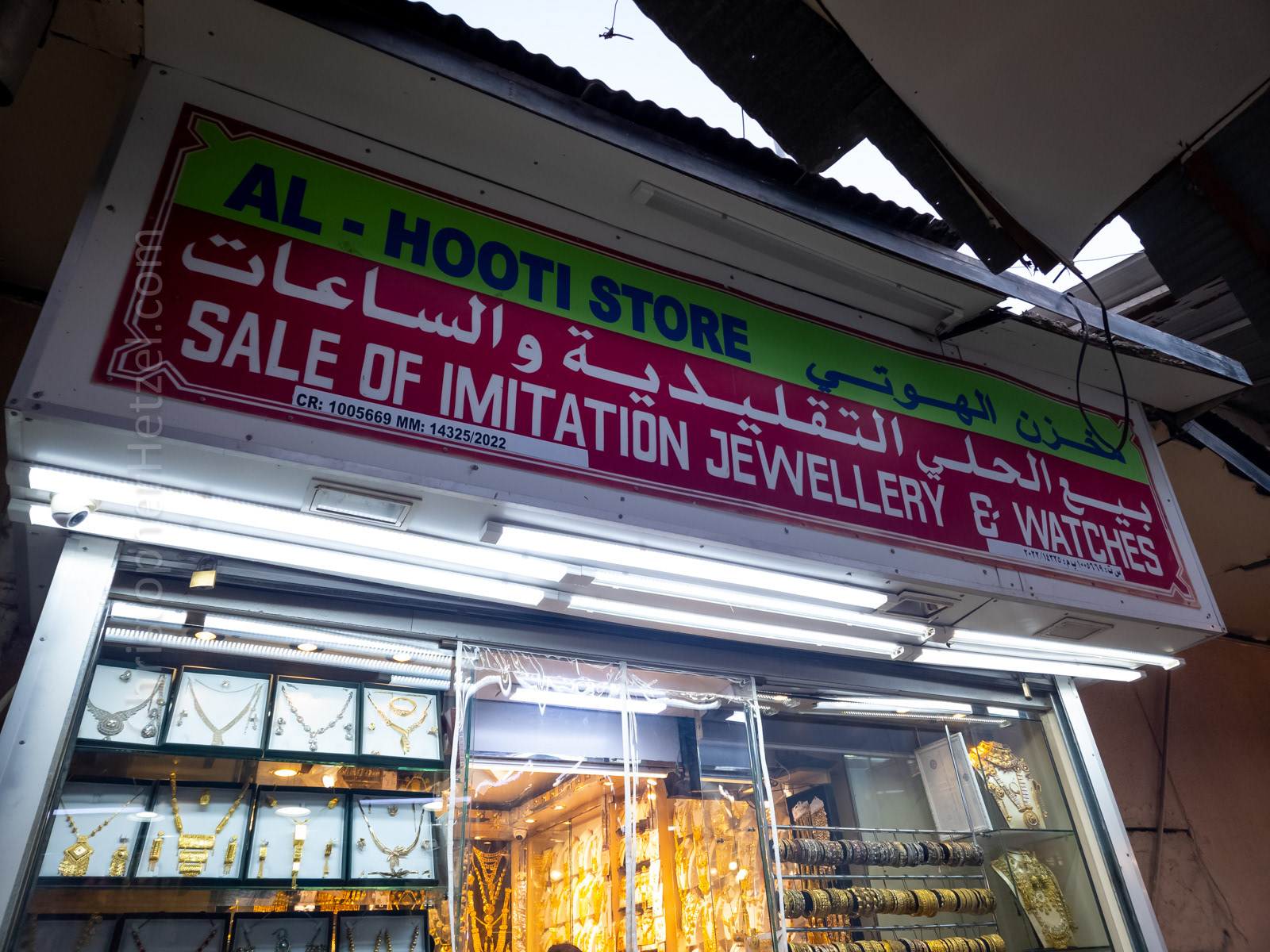
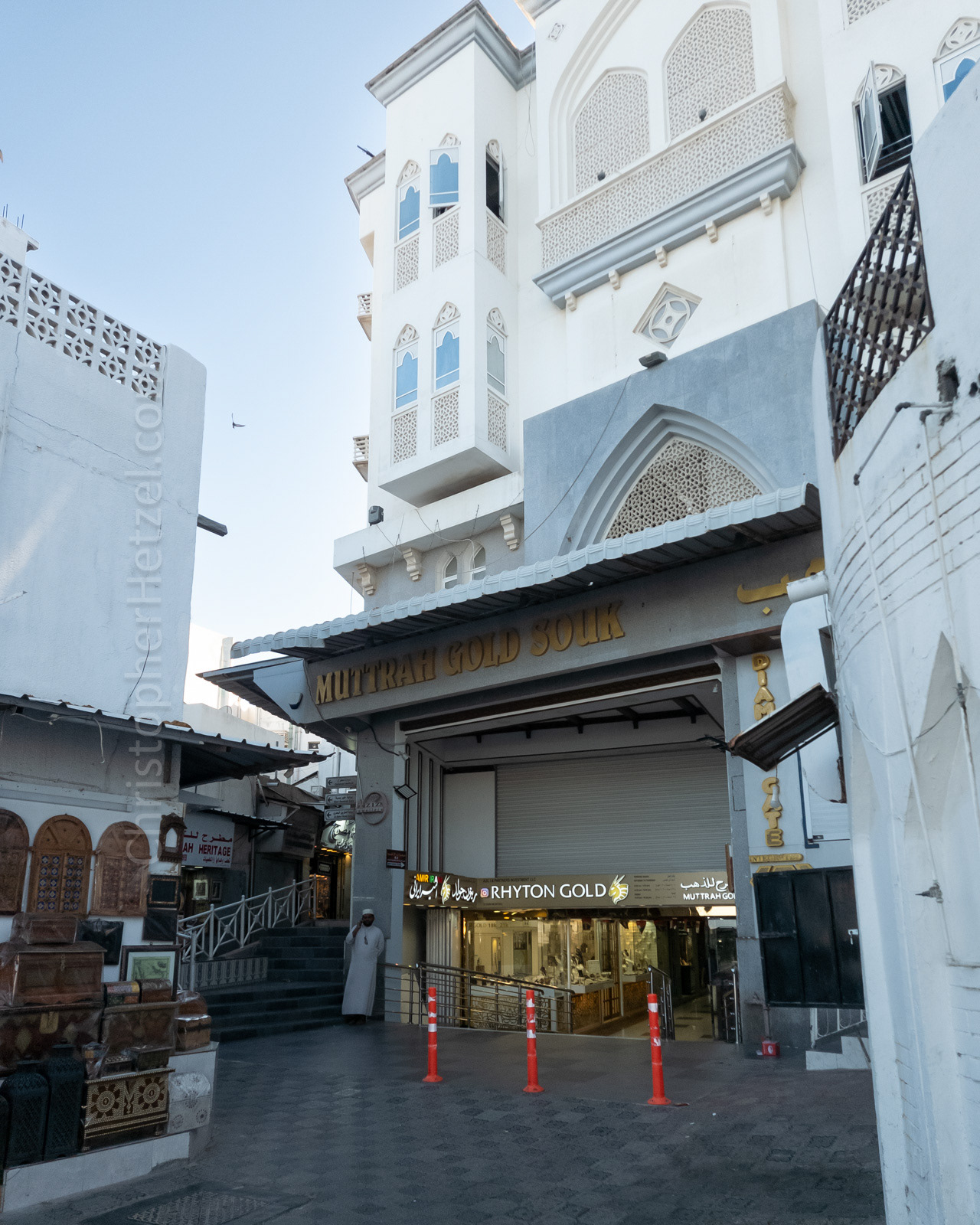
Back to Oman
